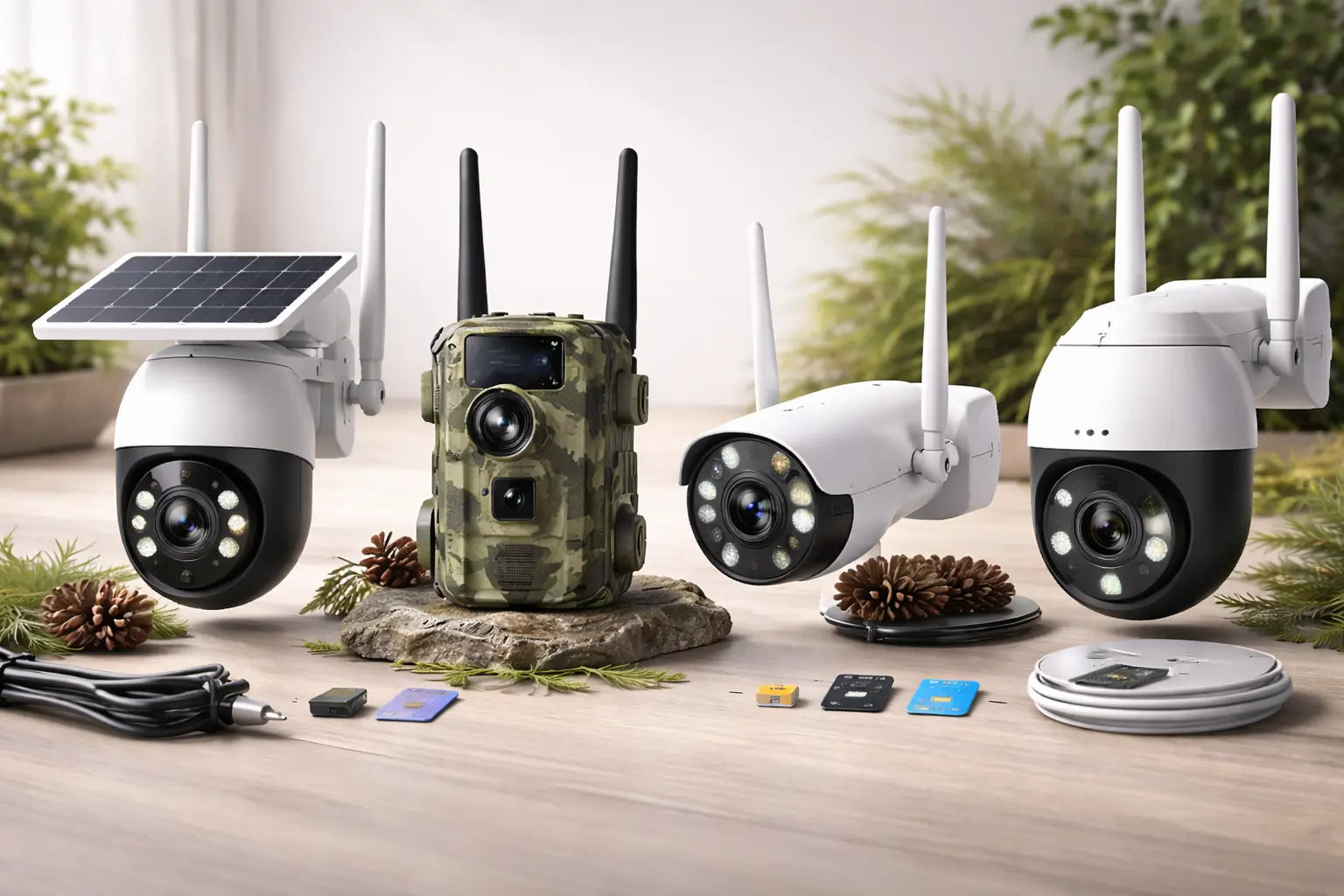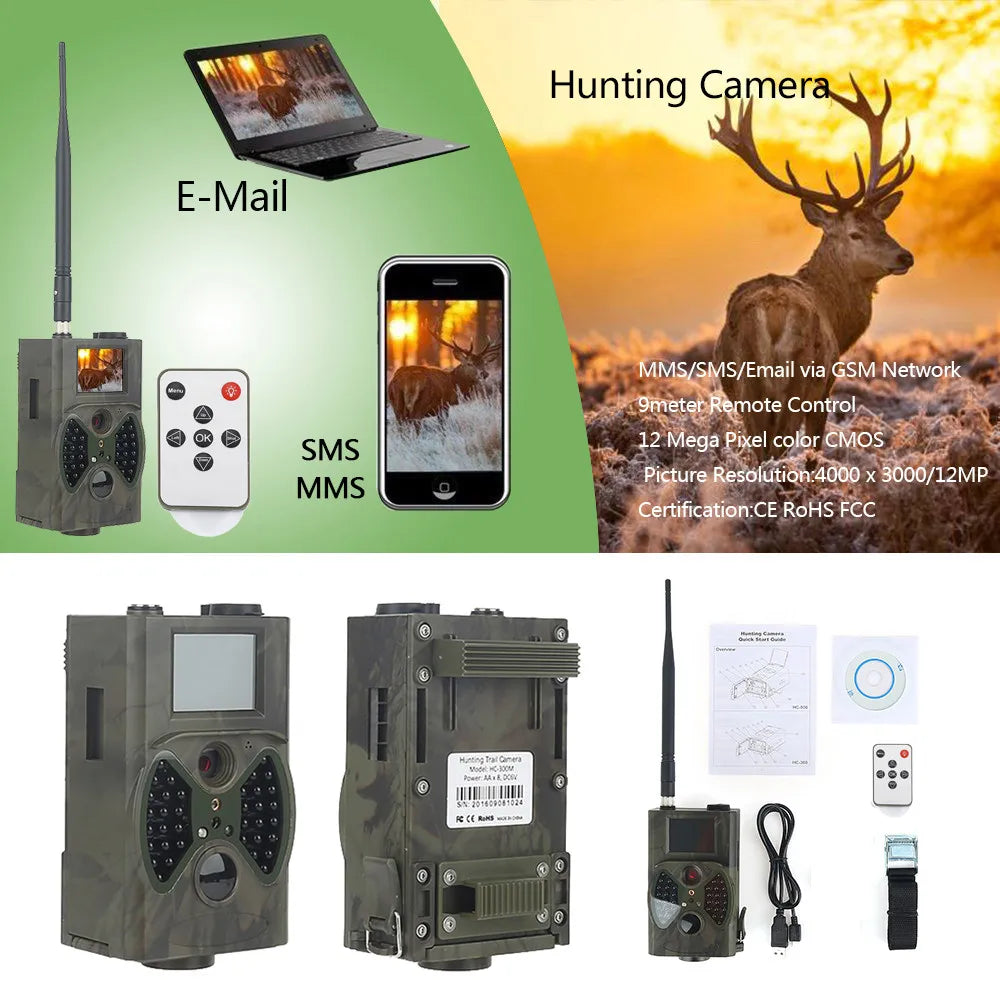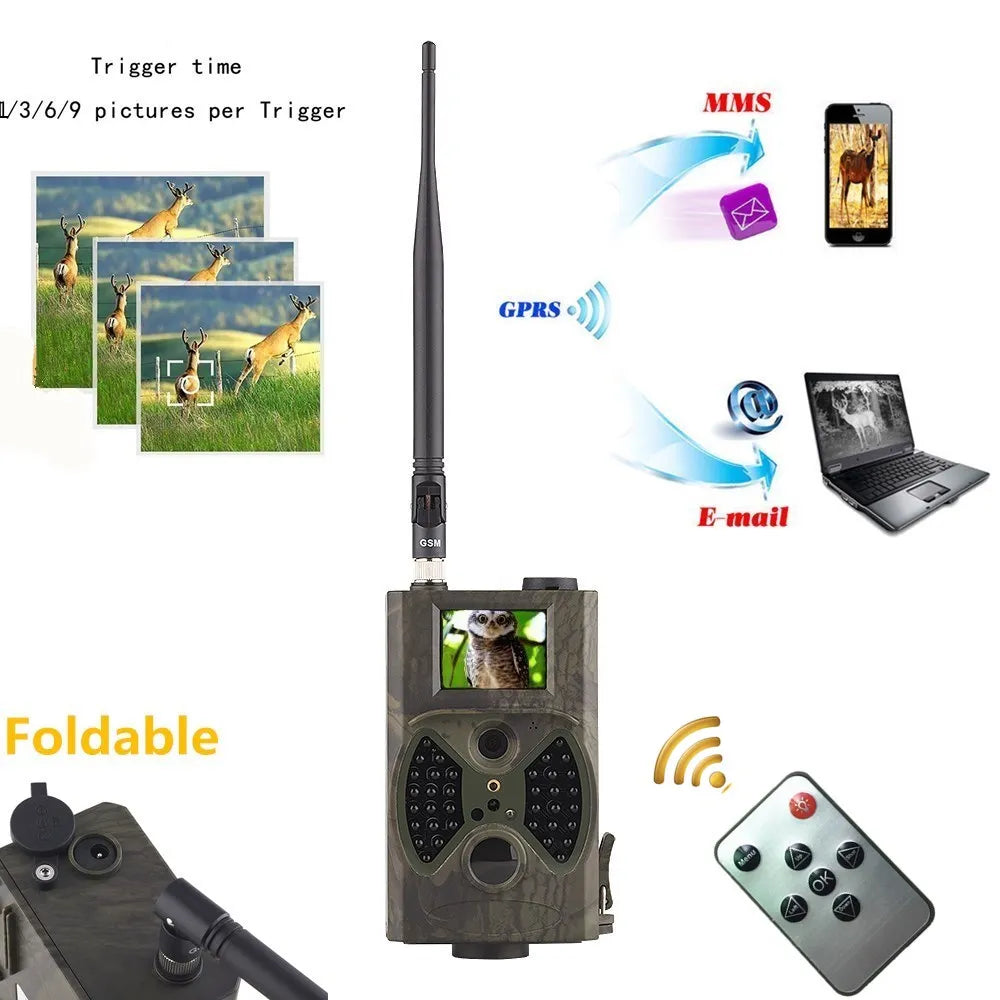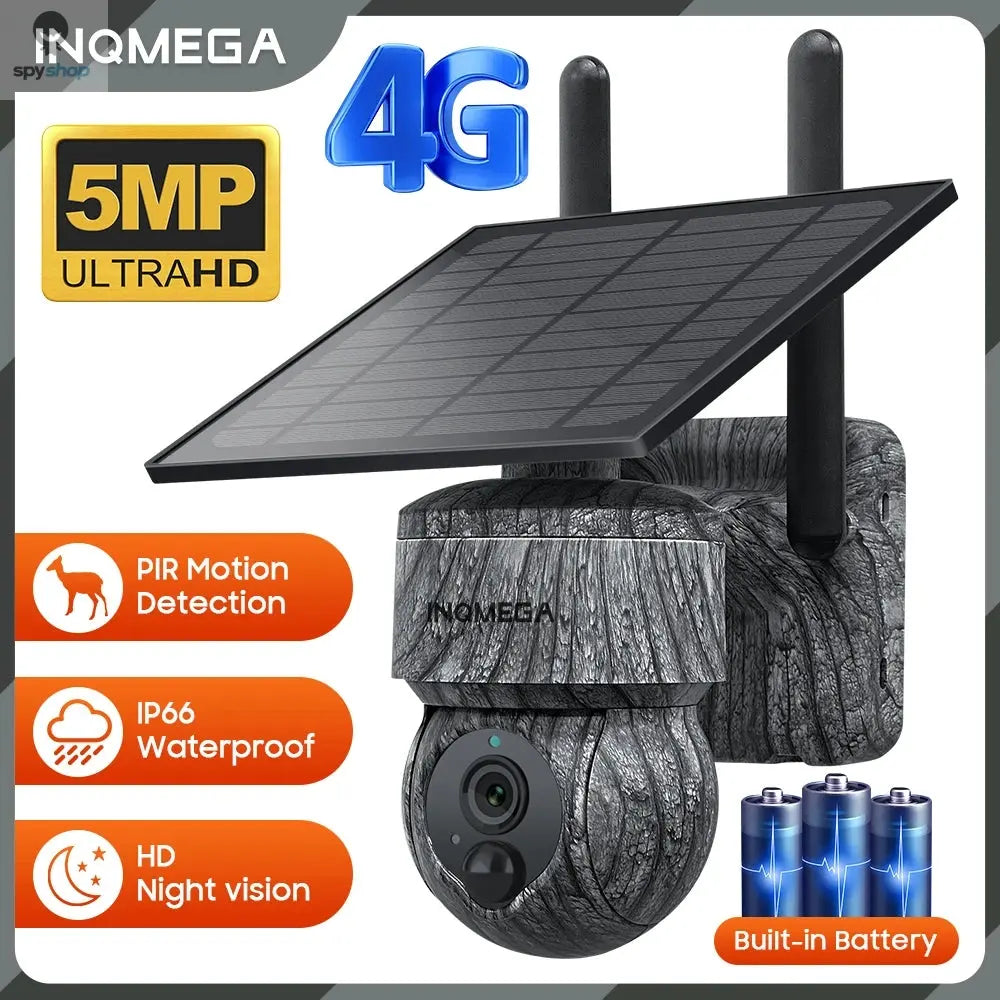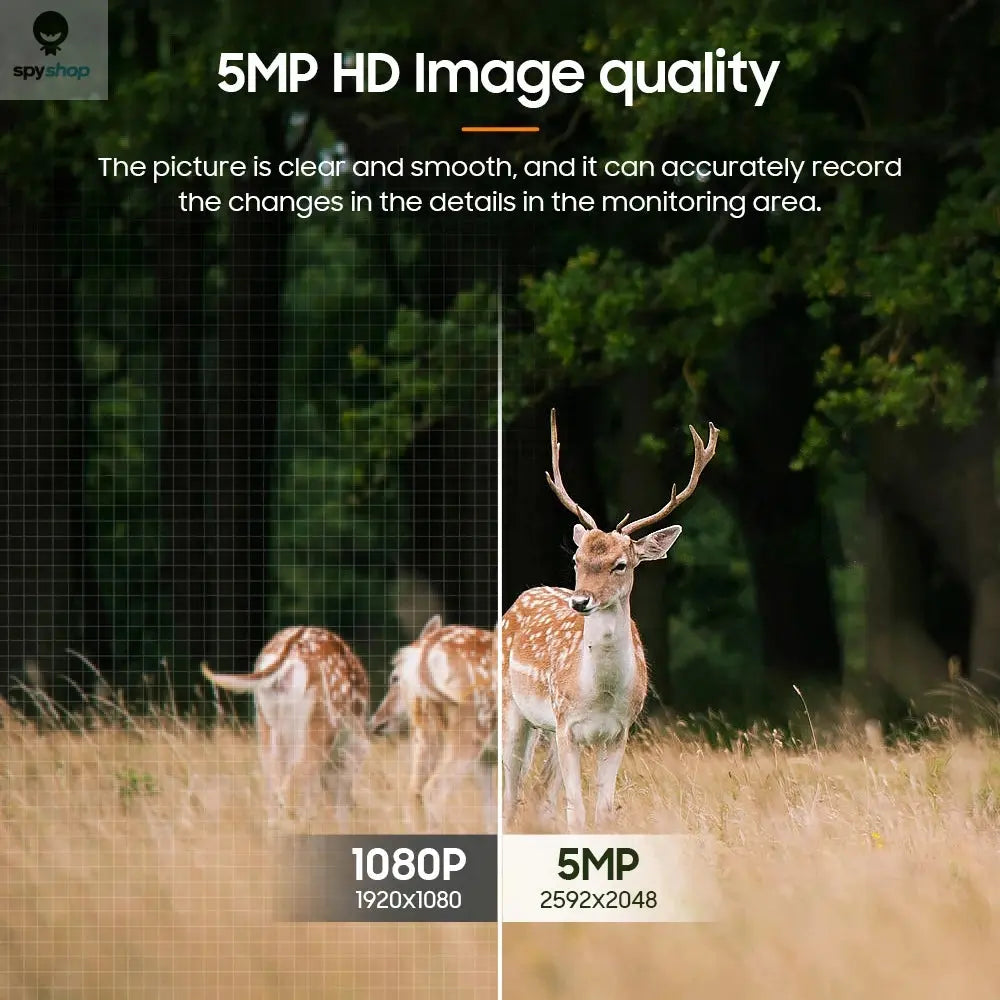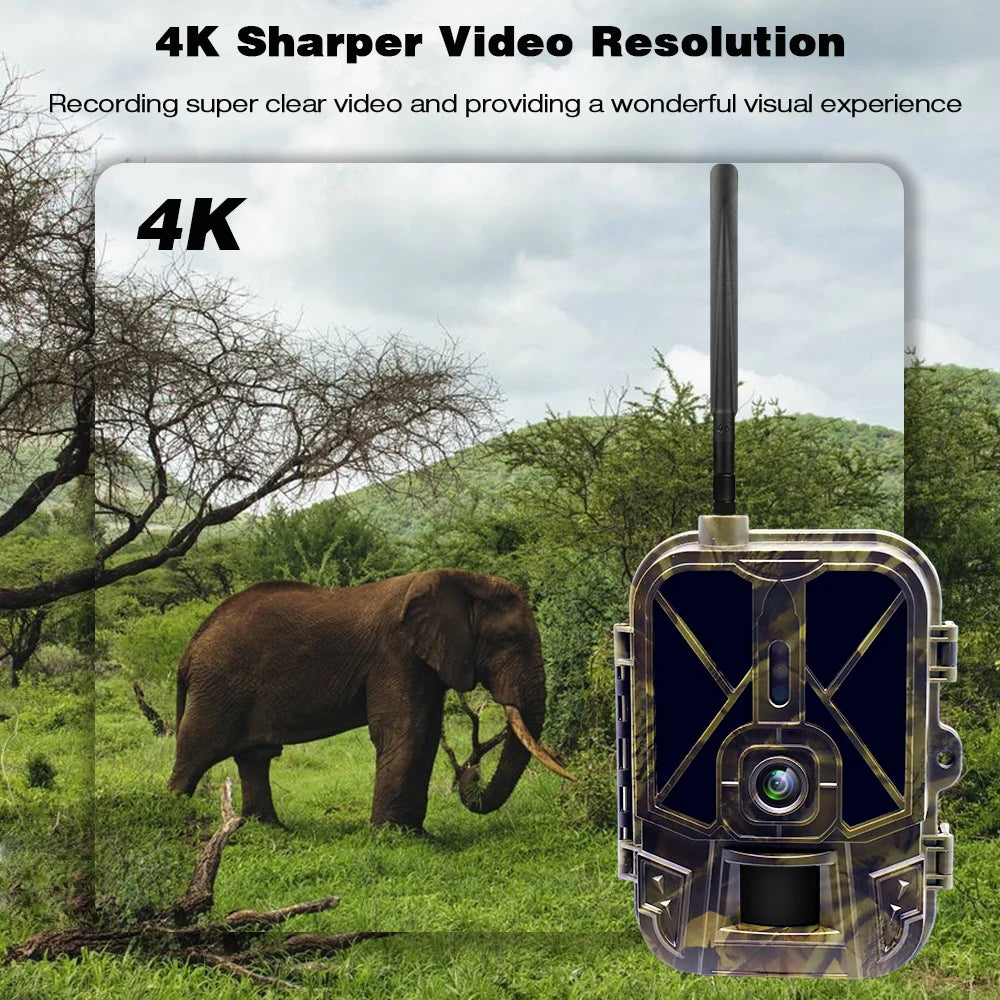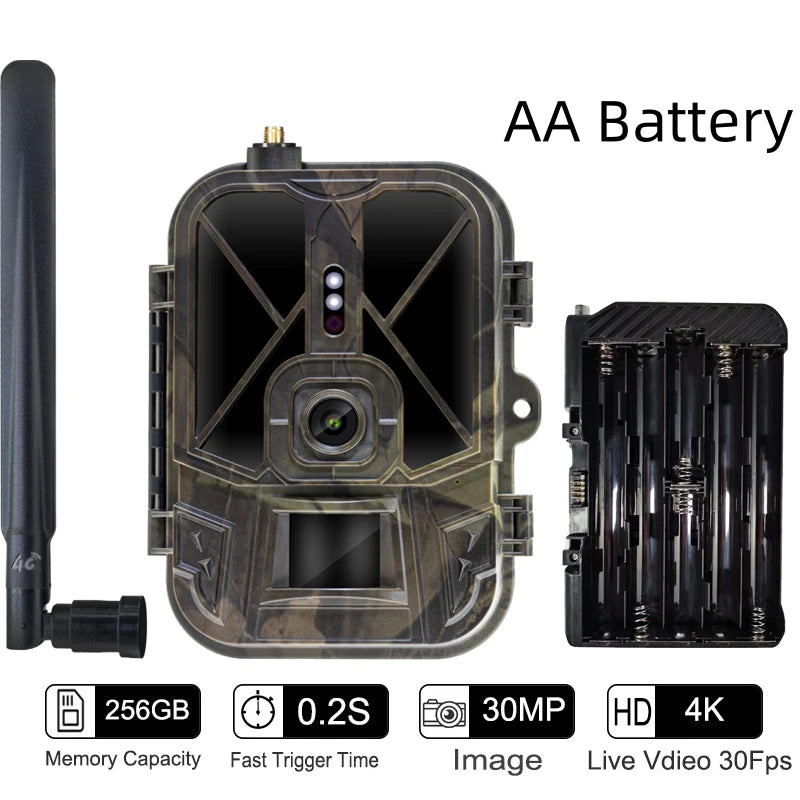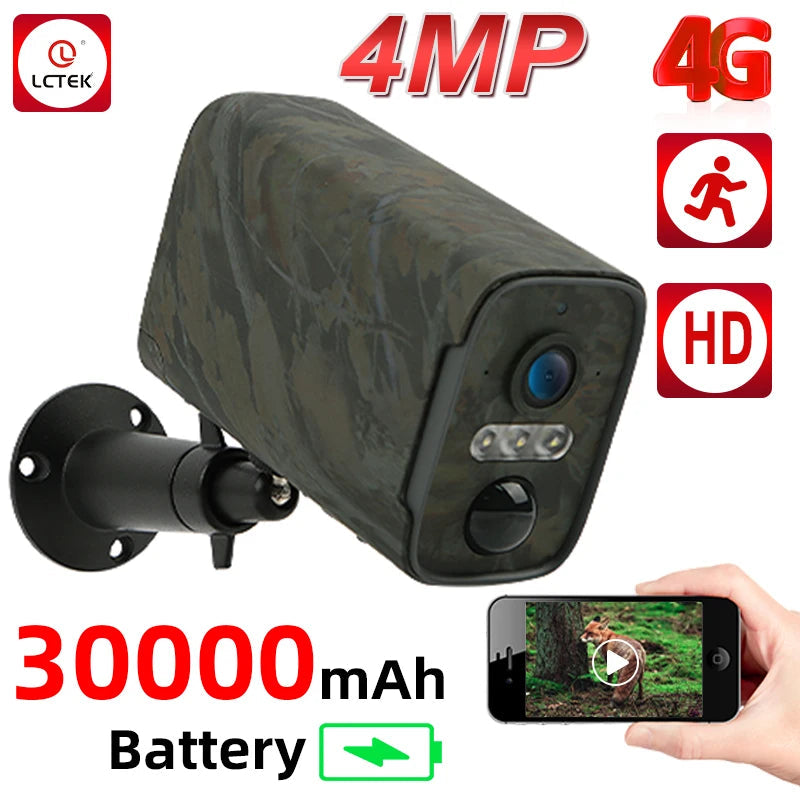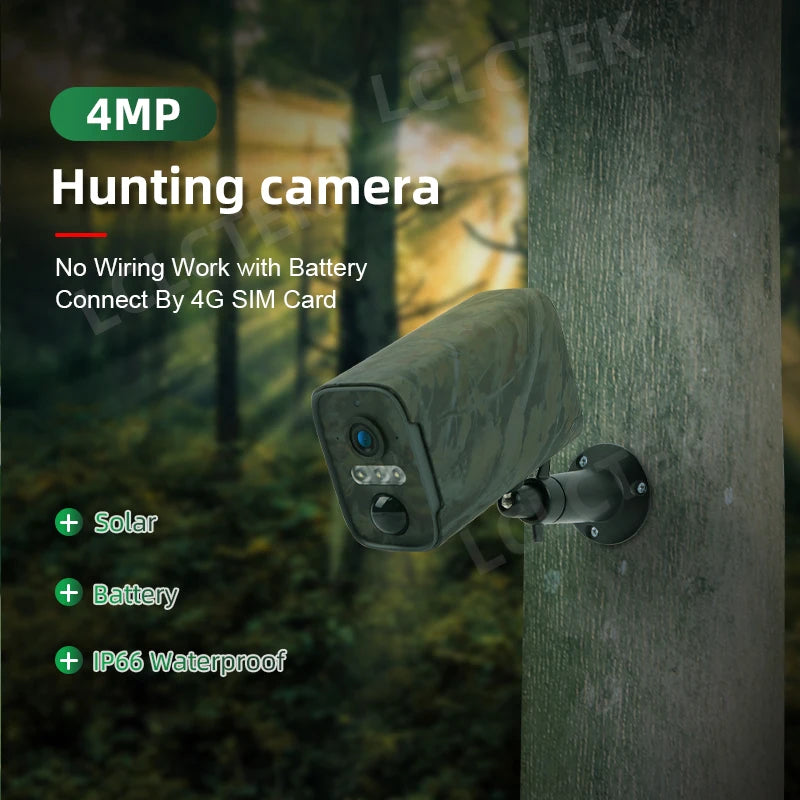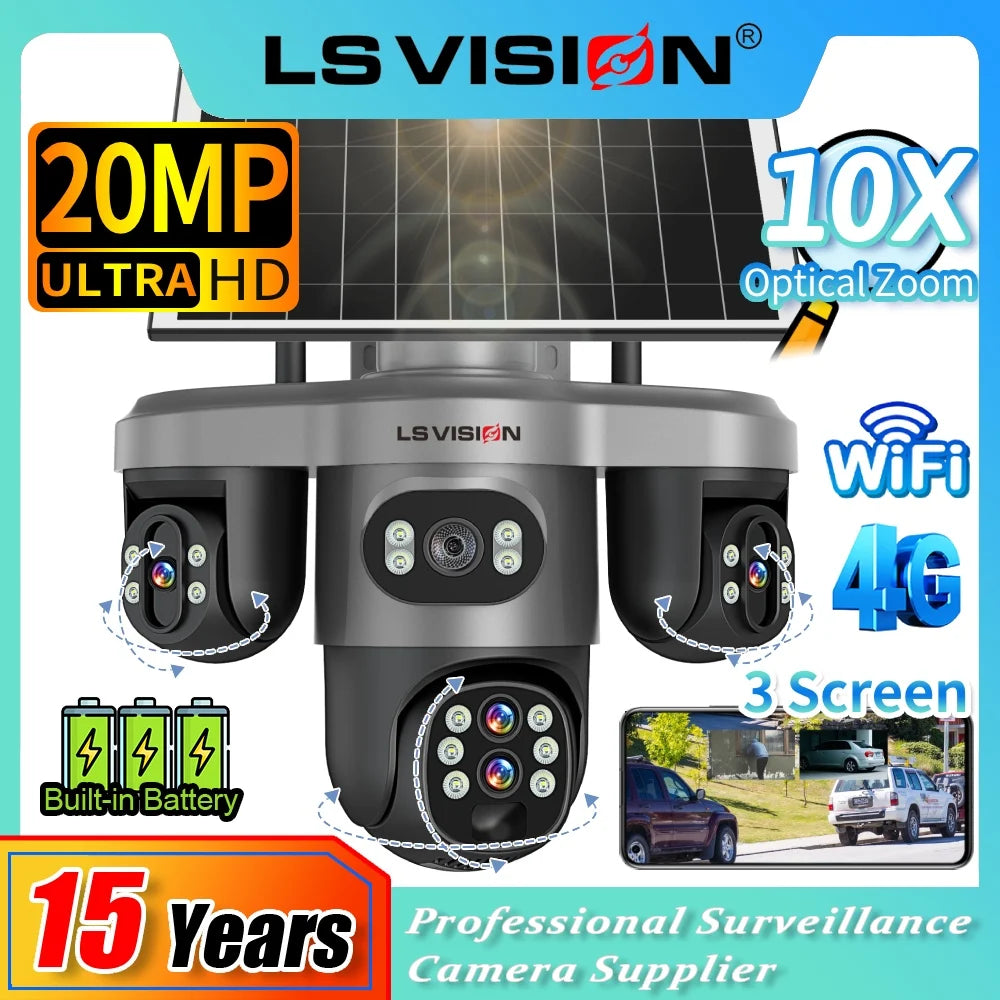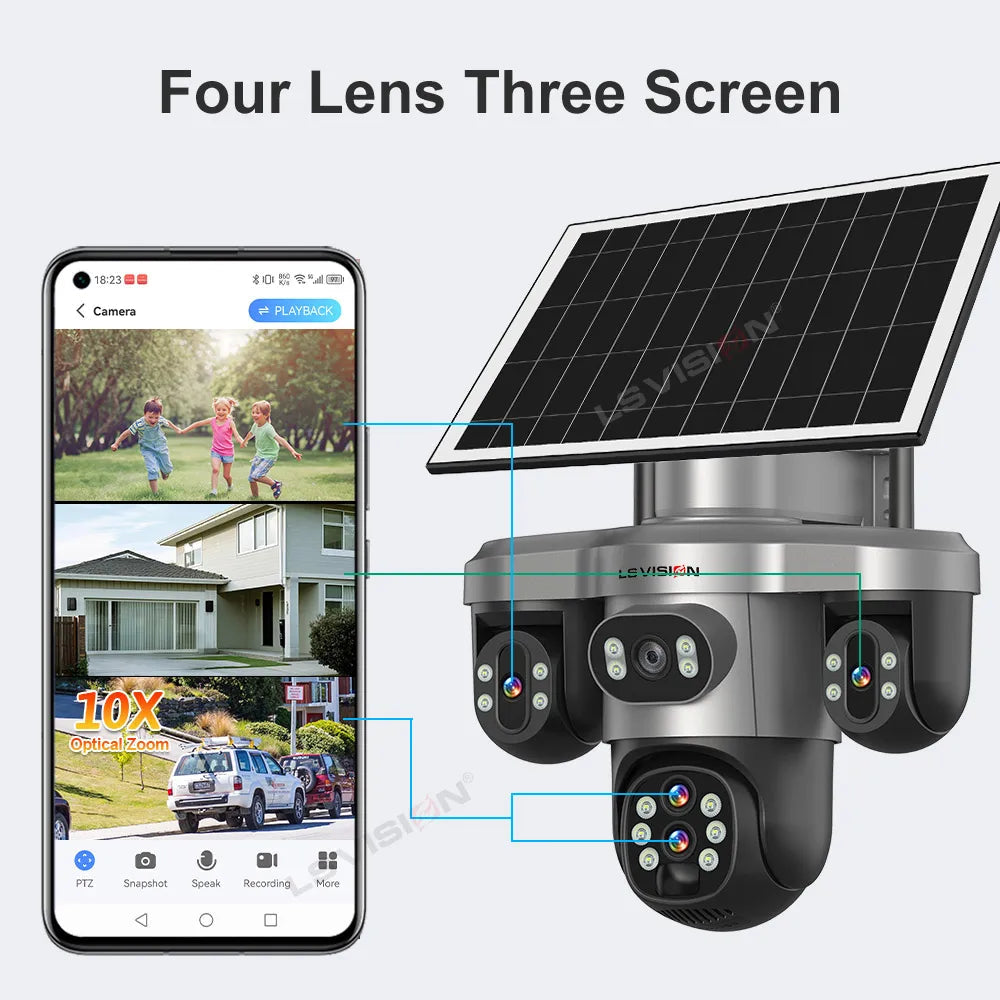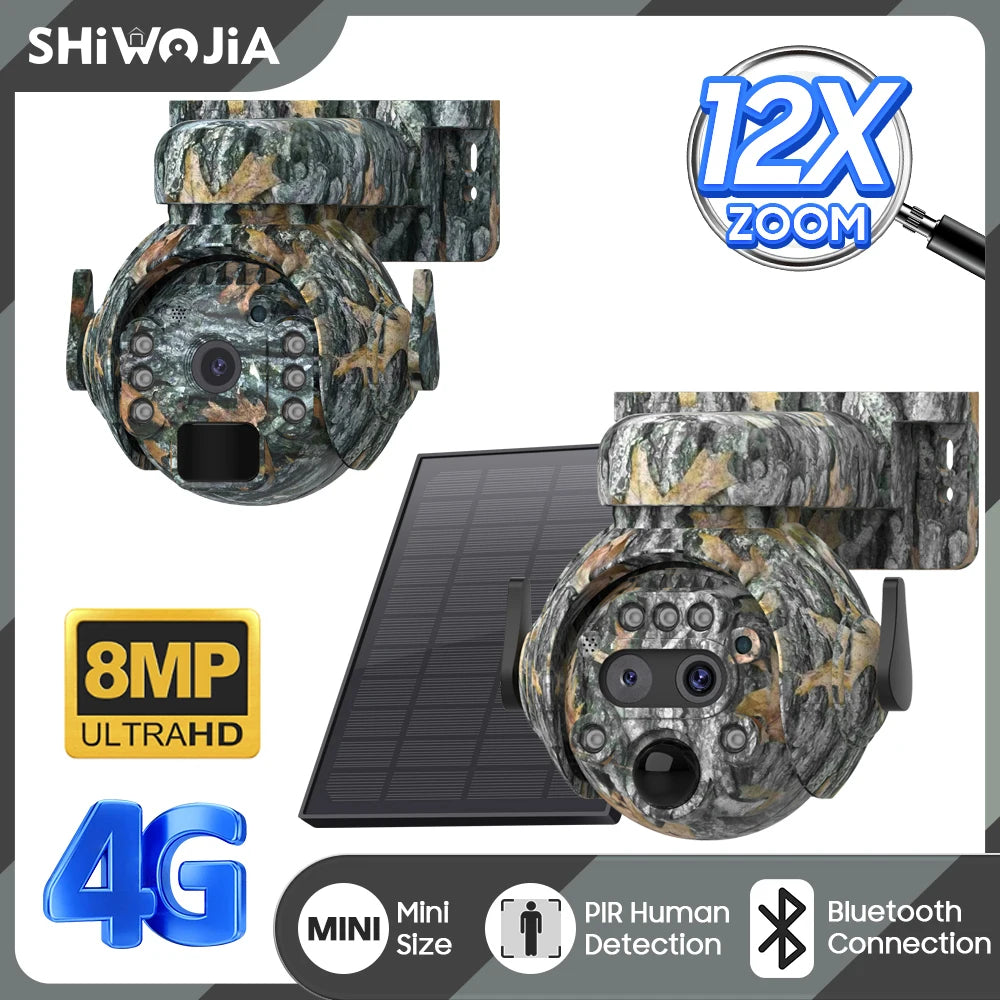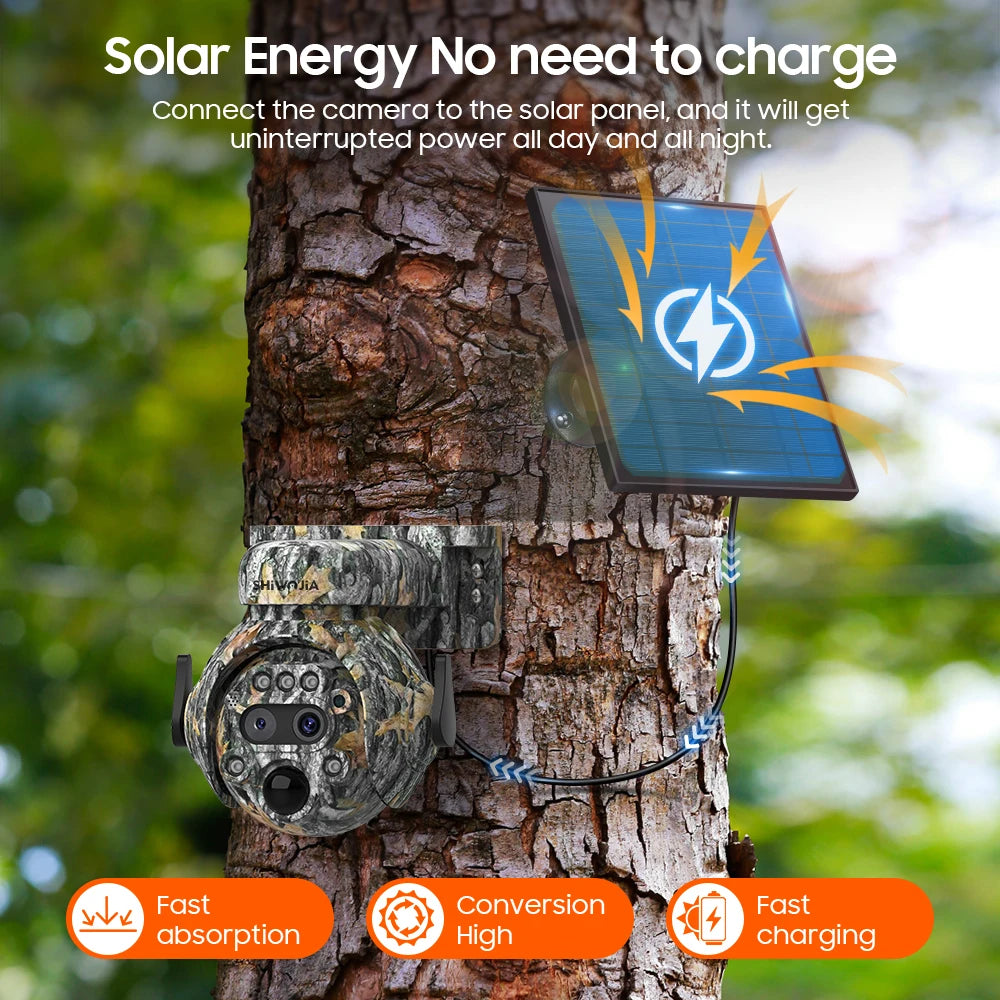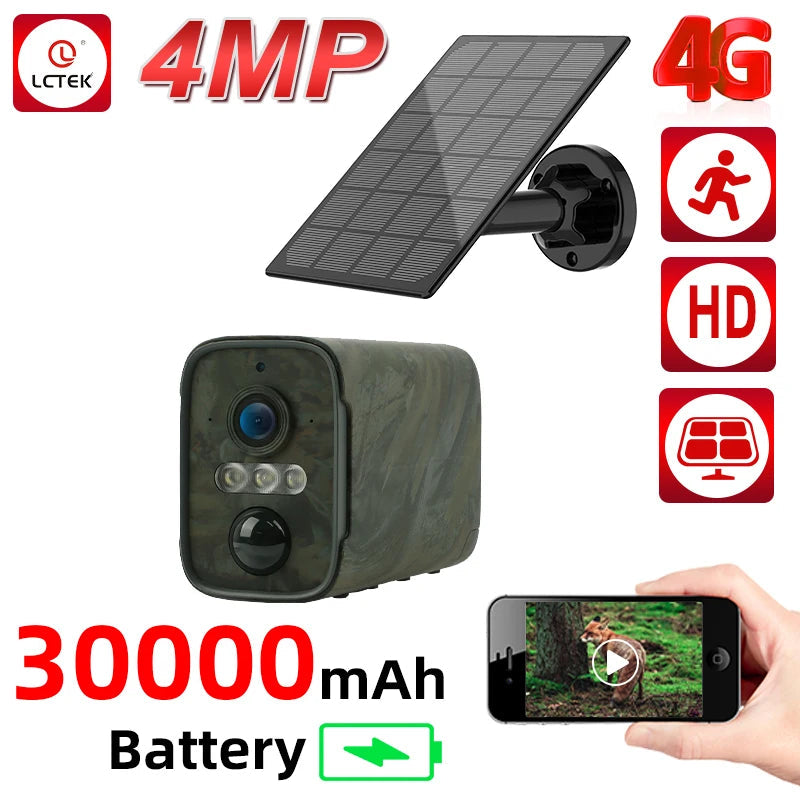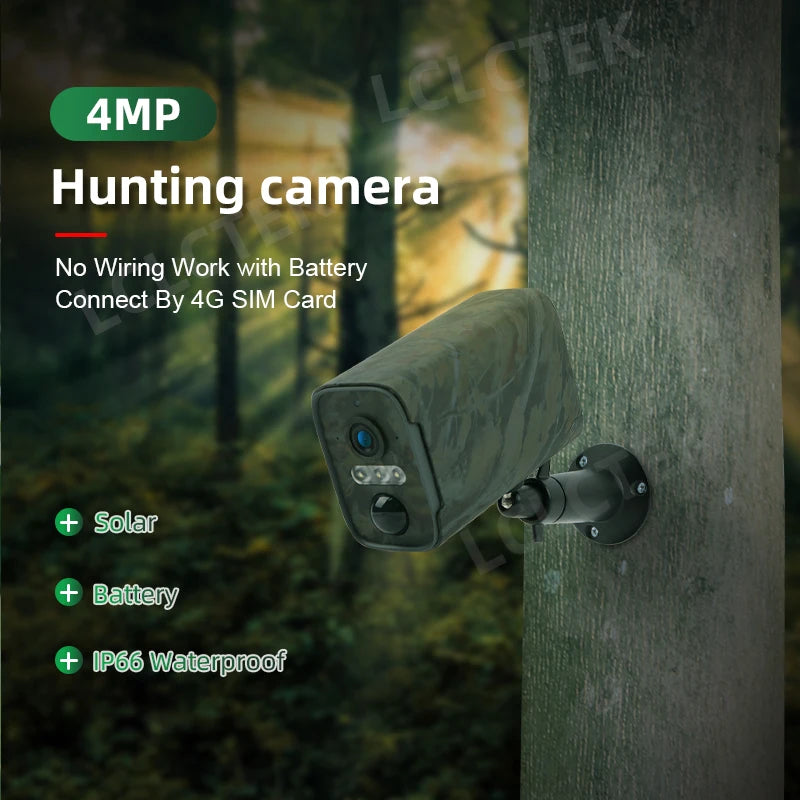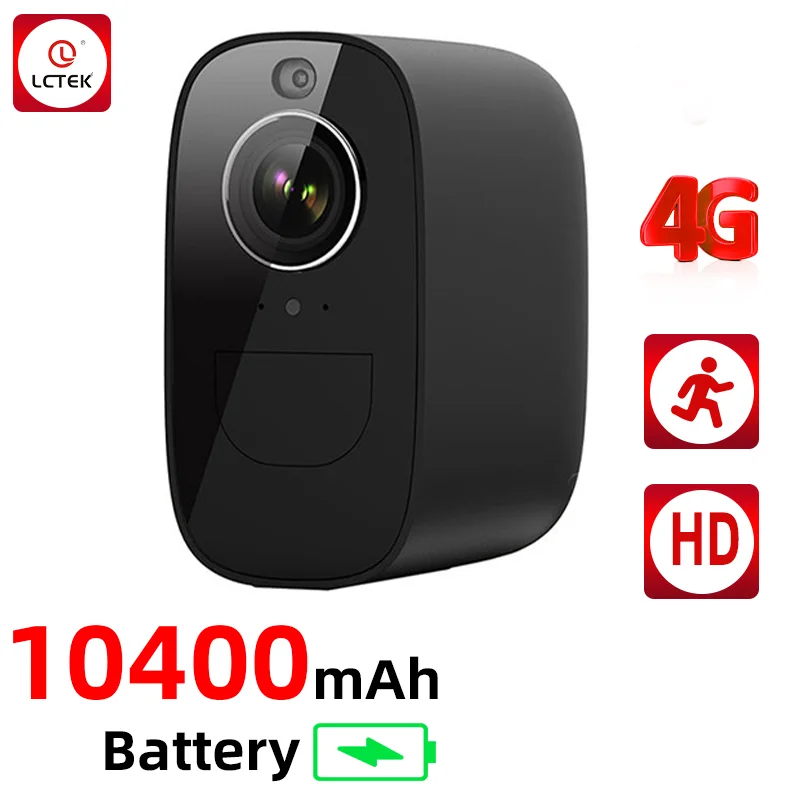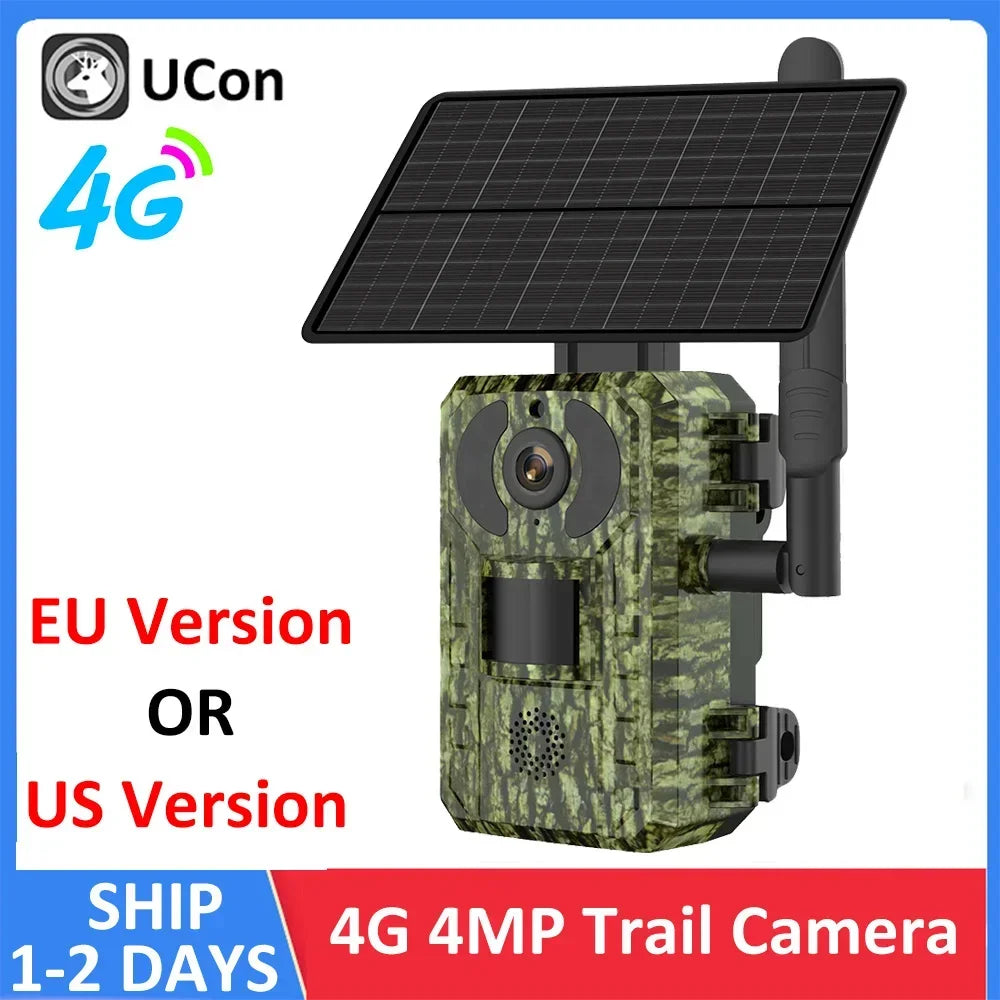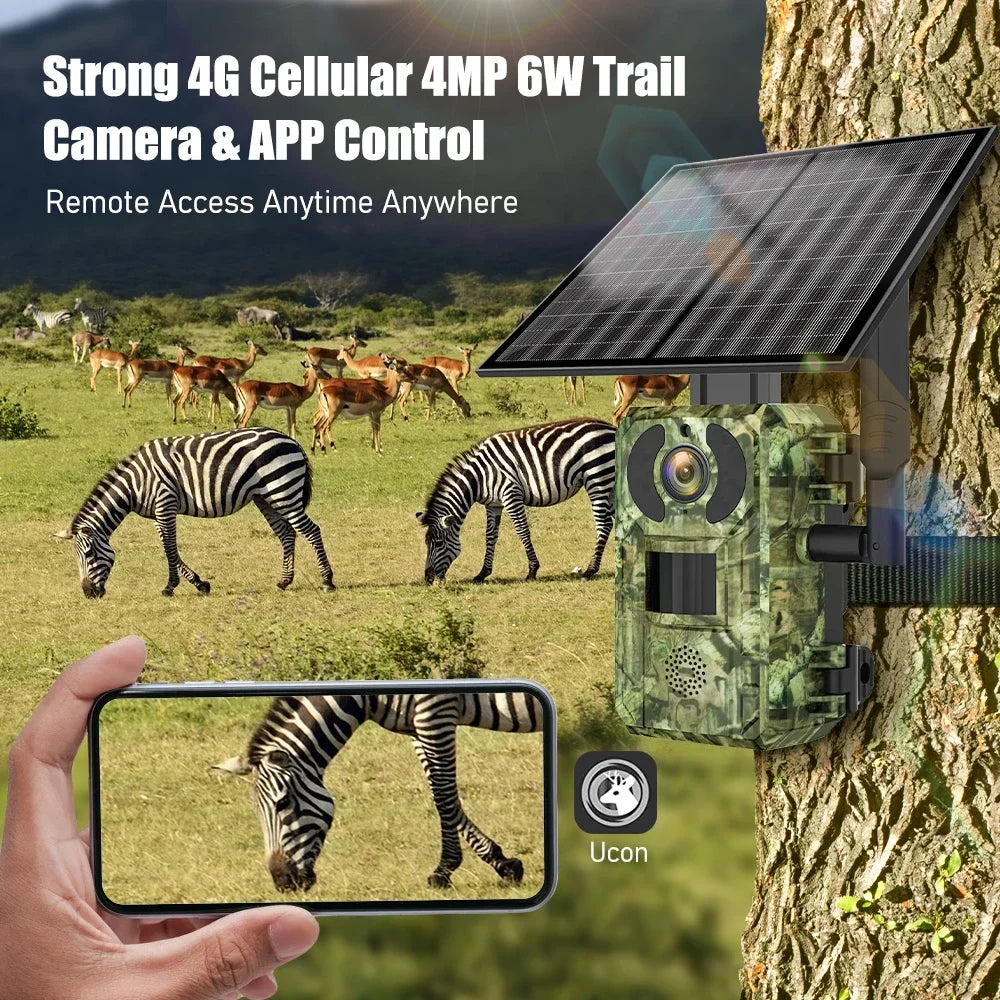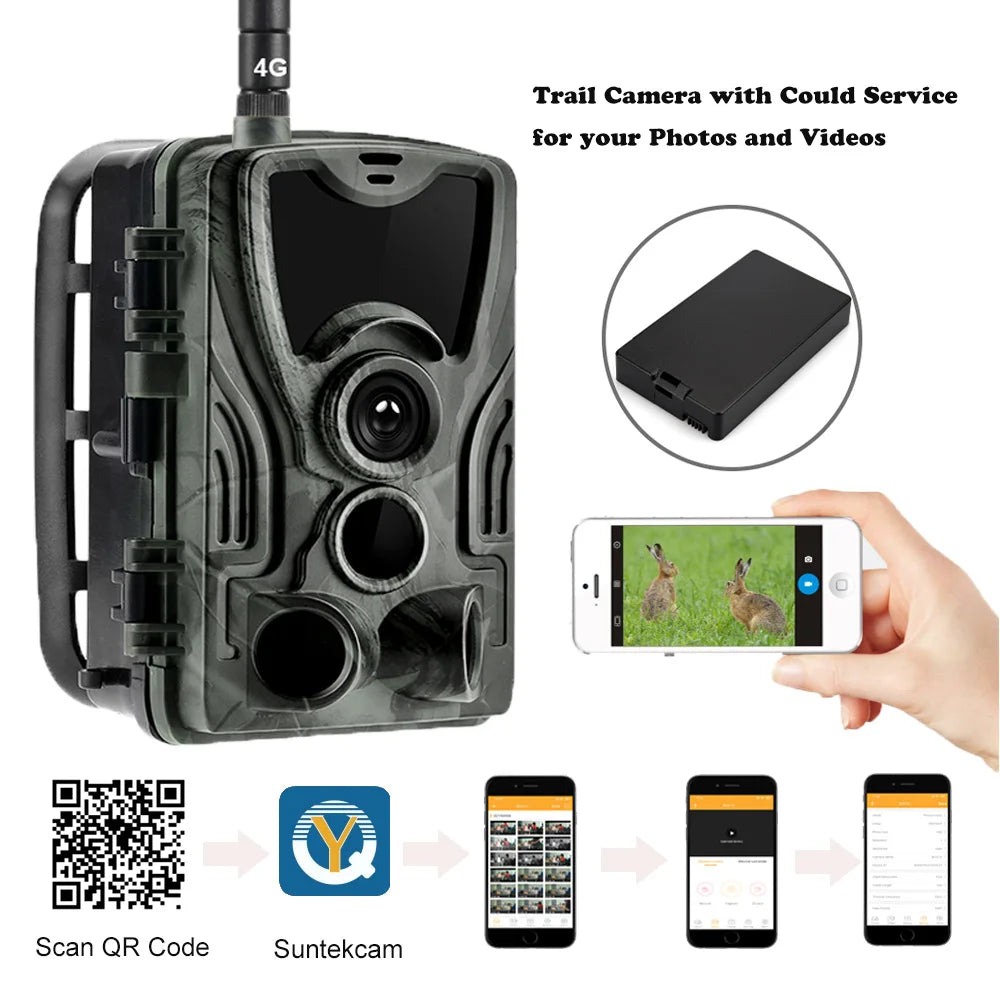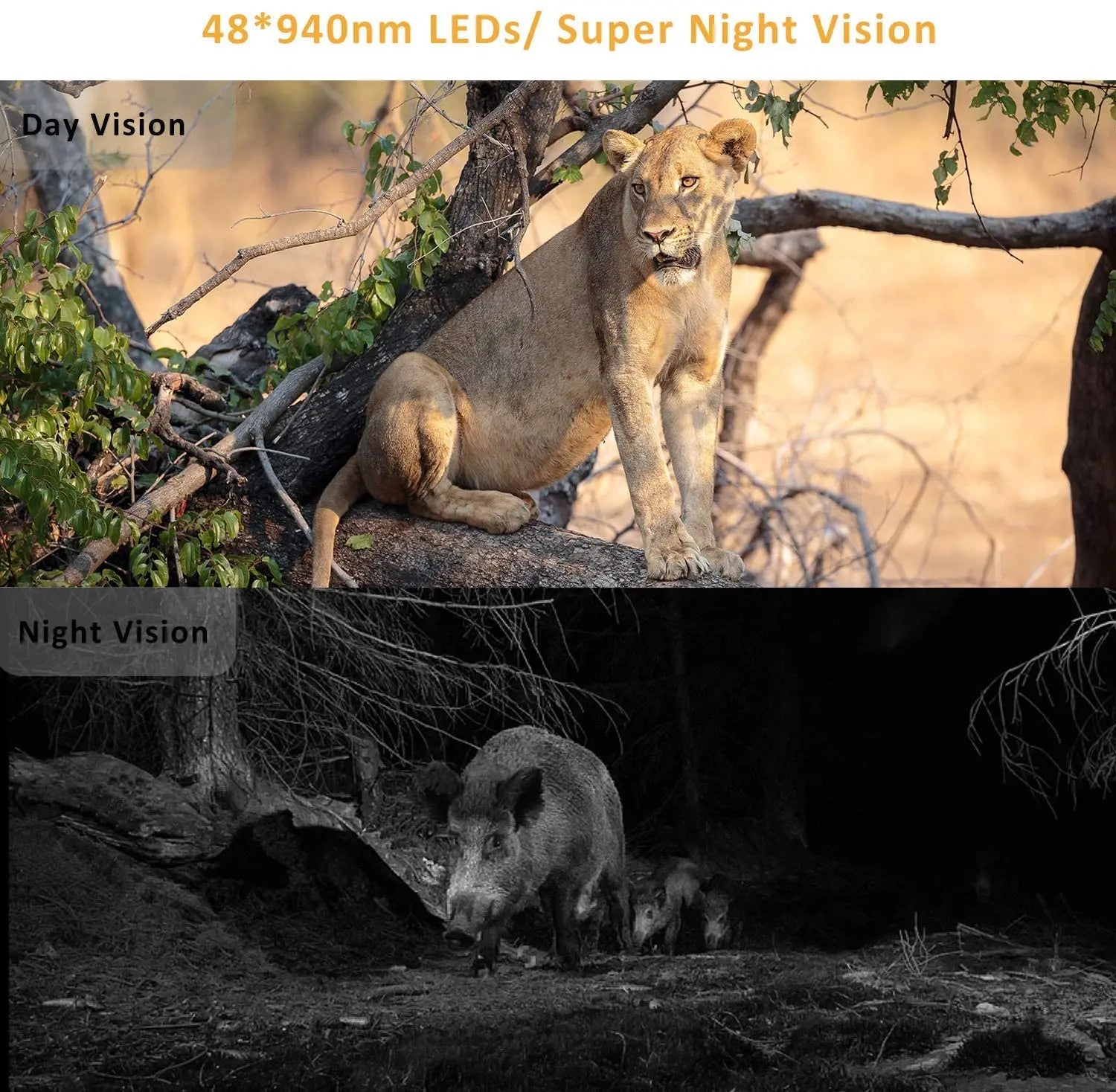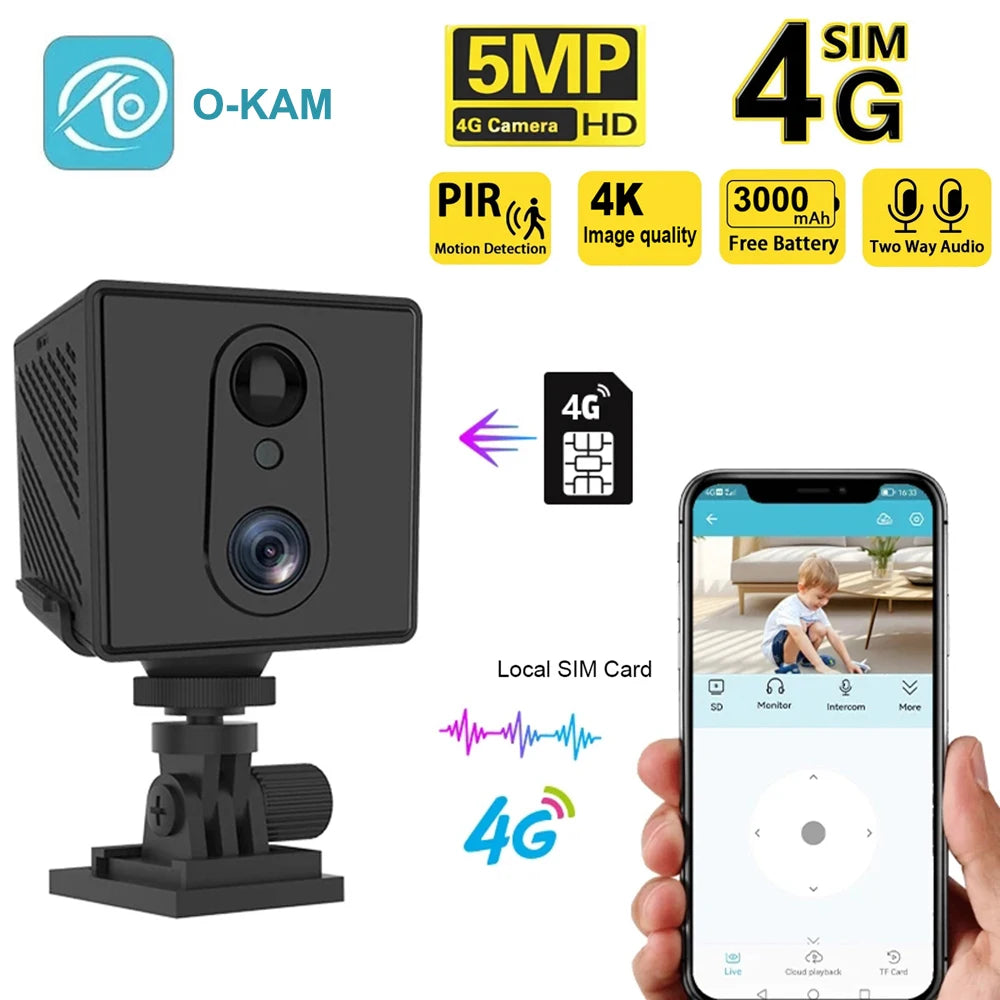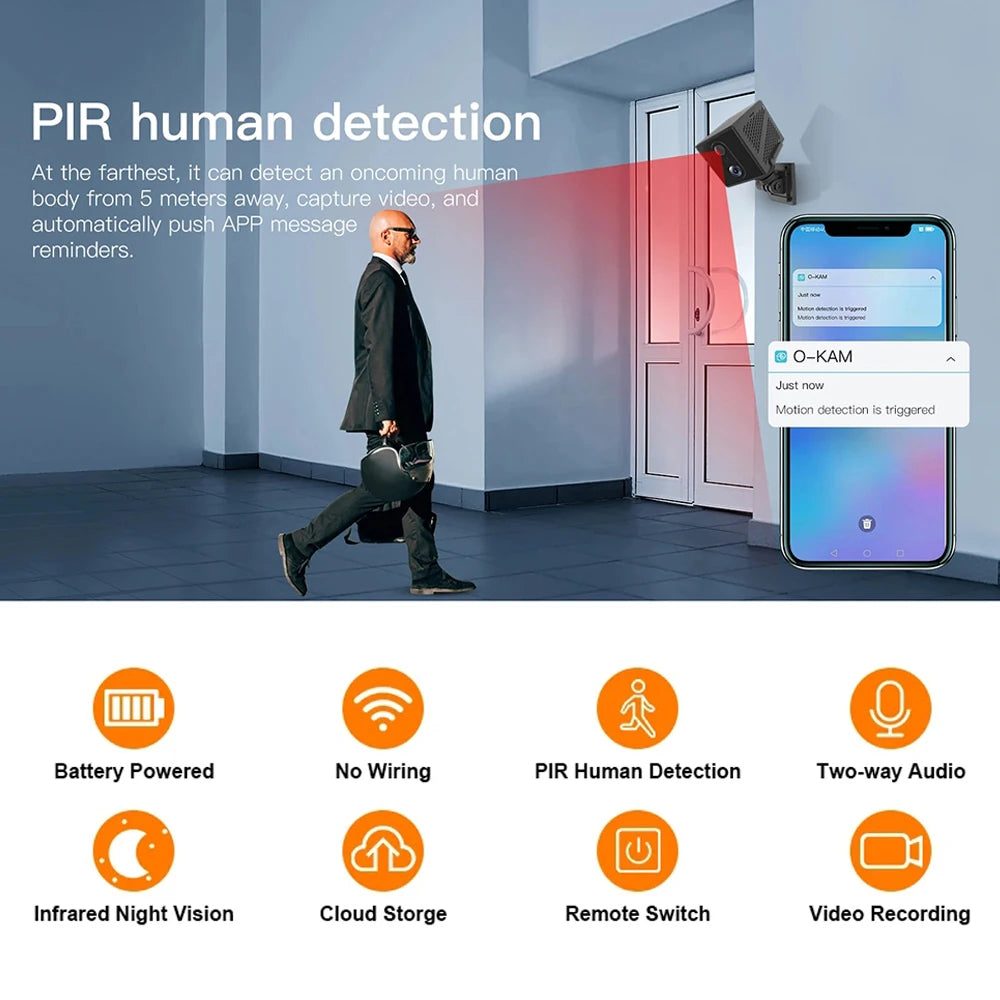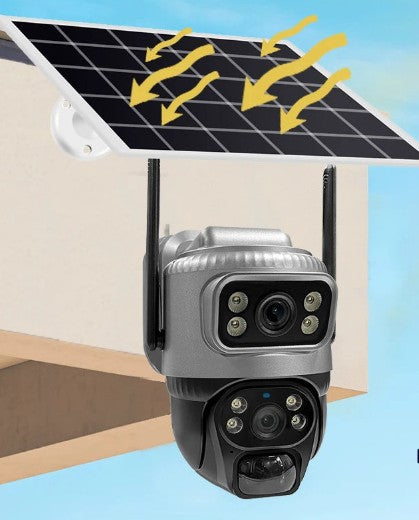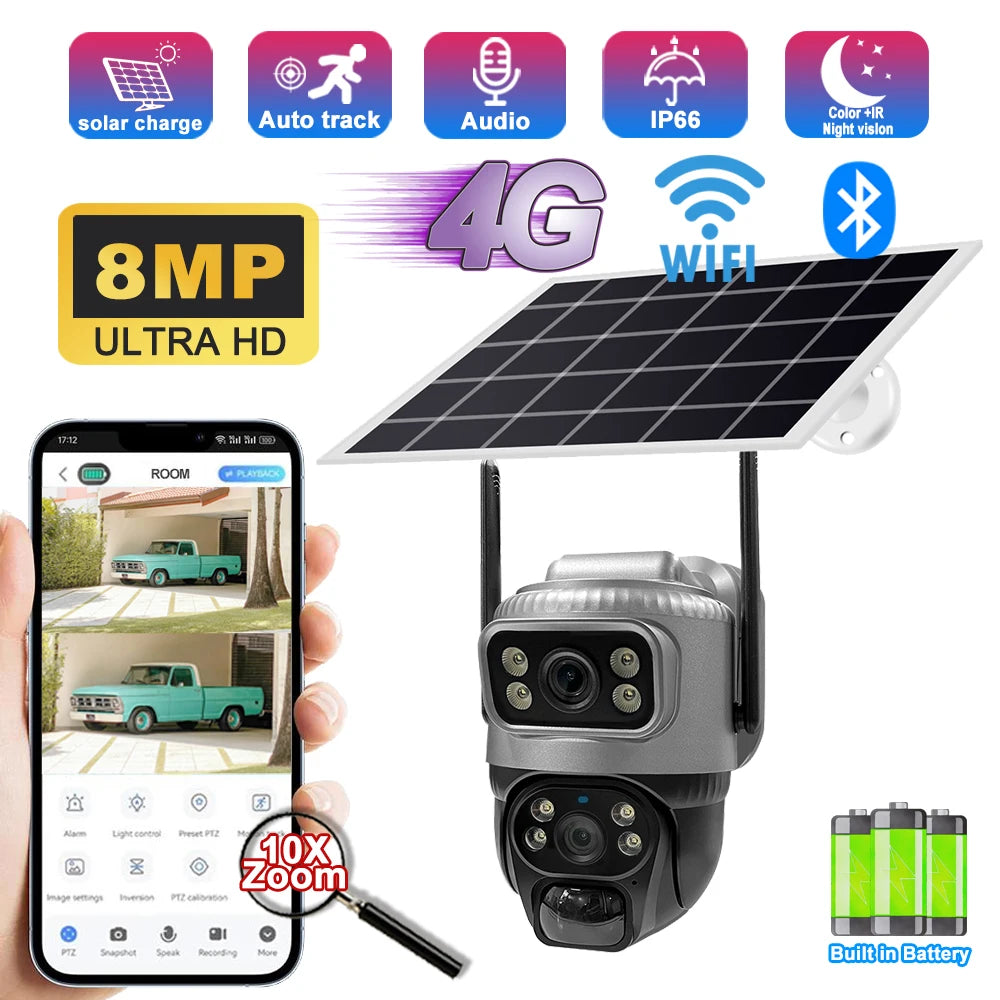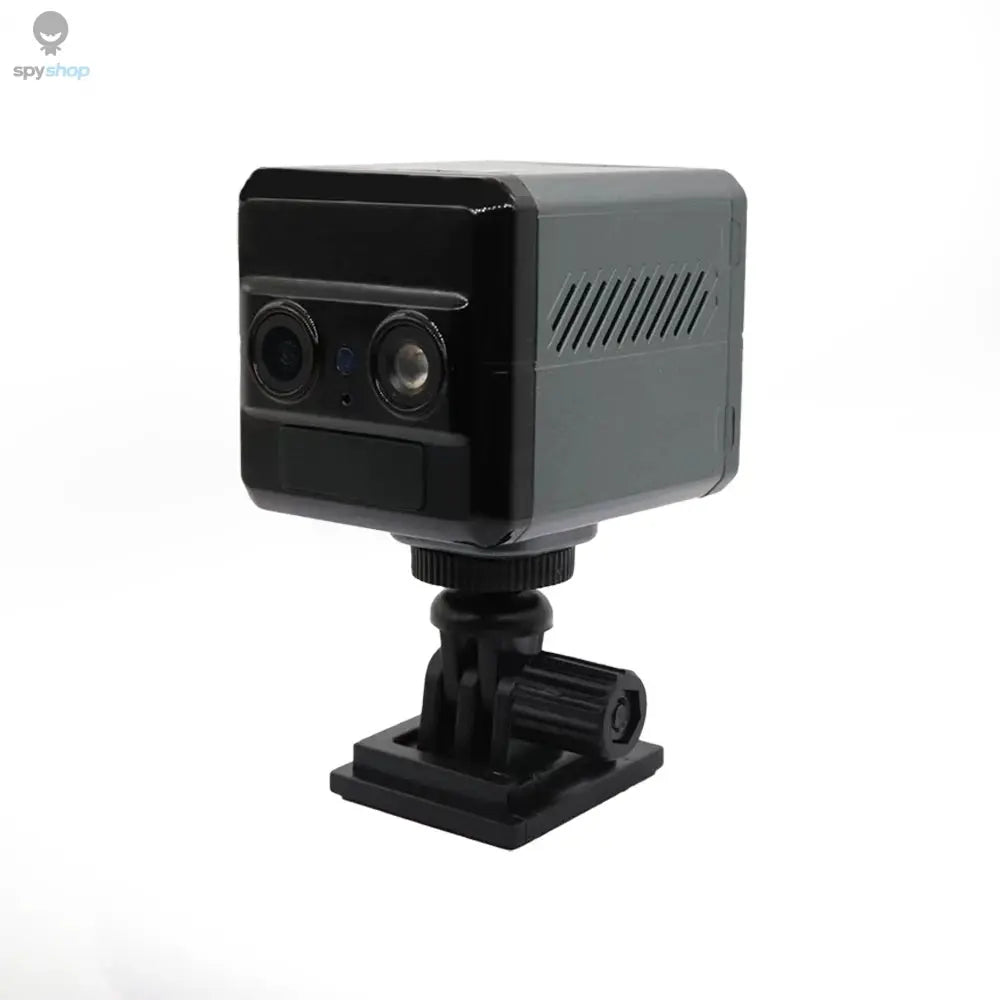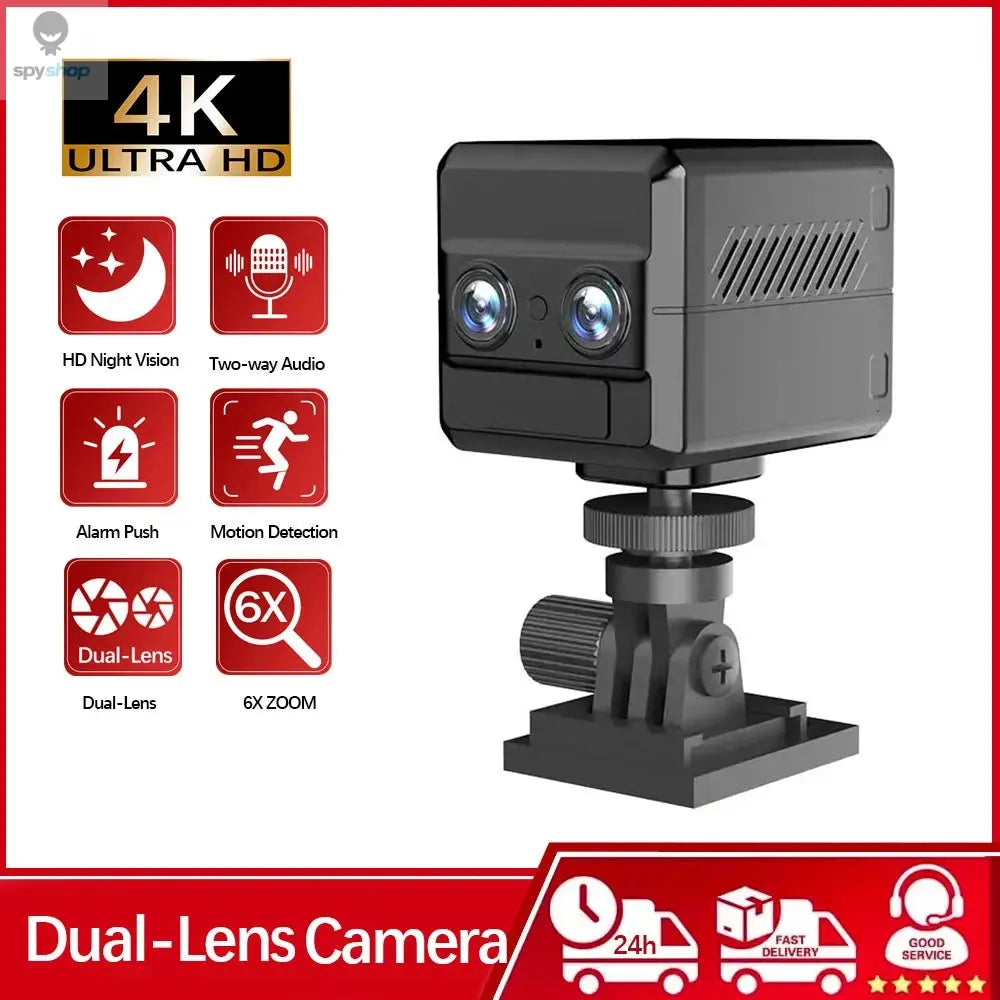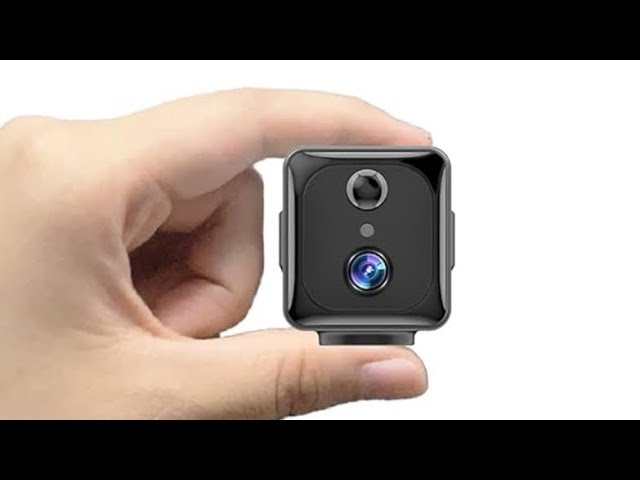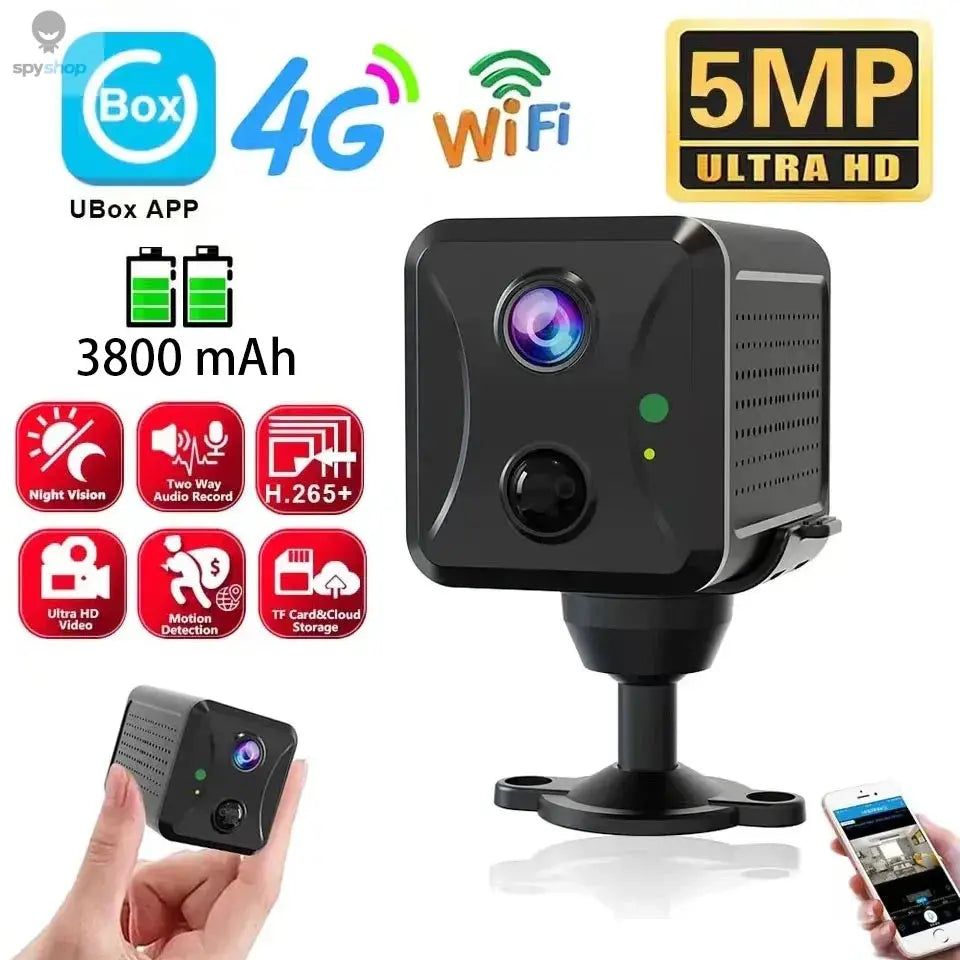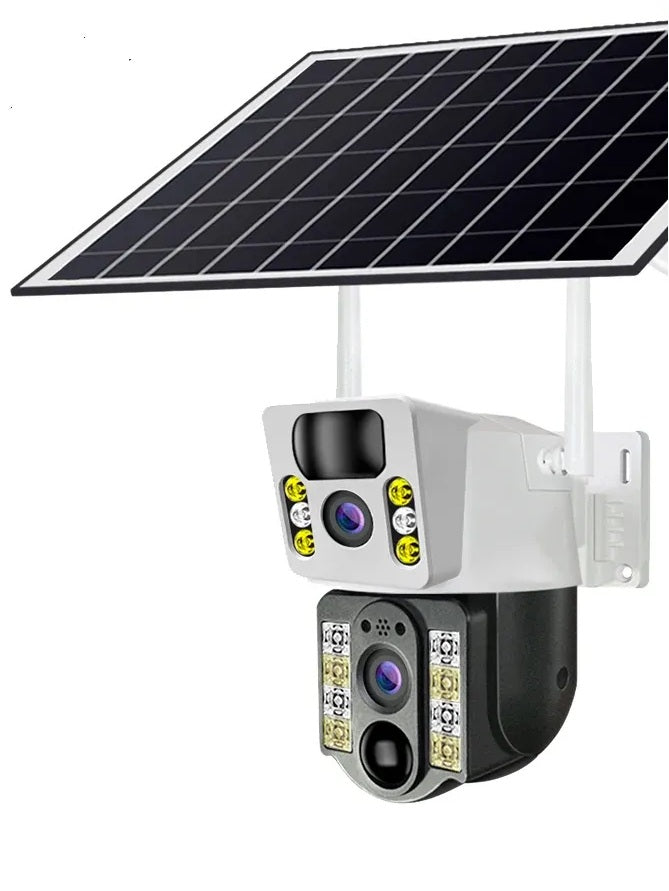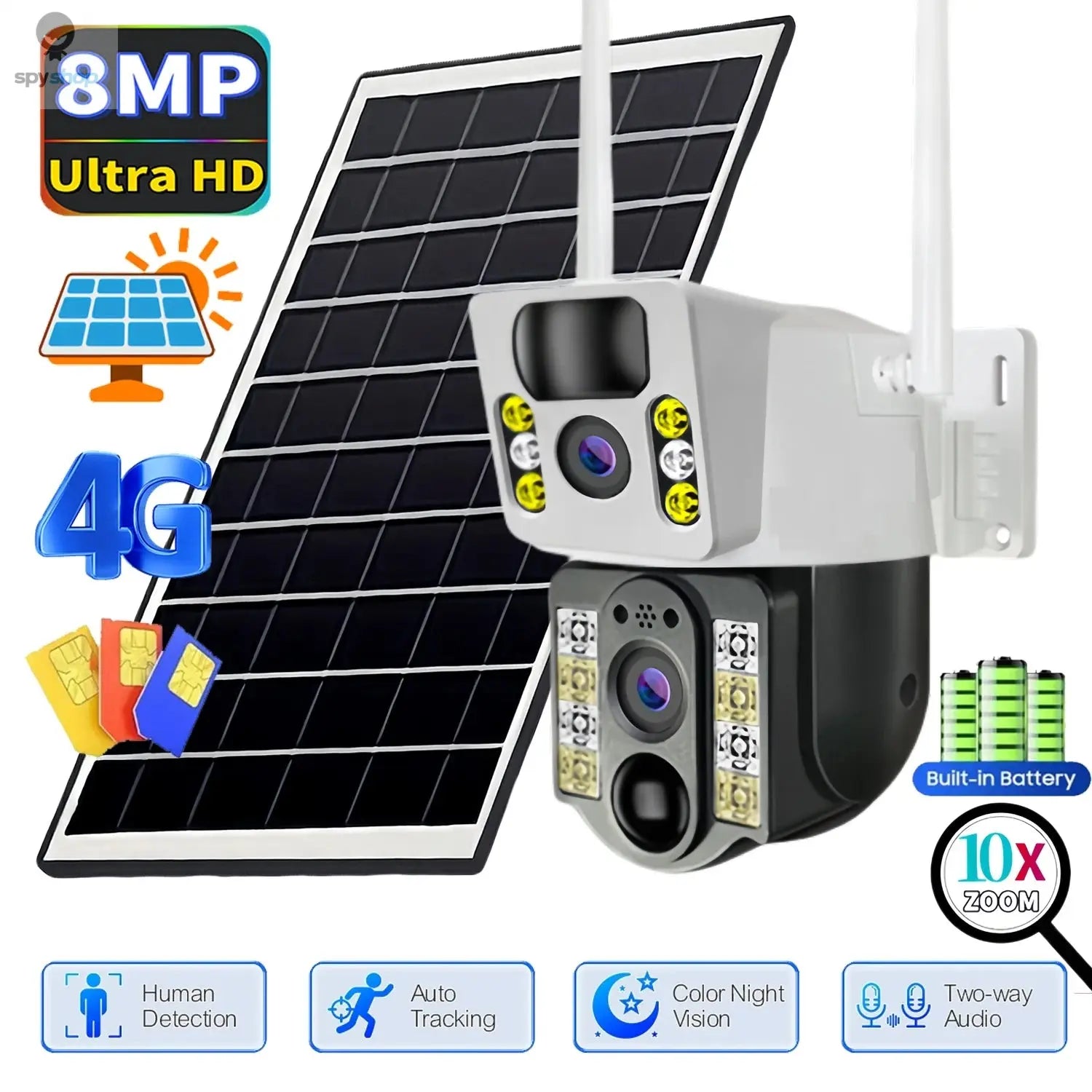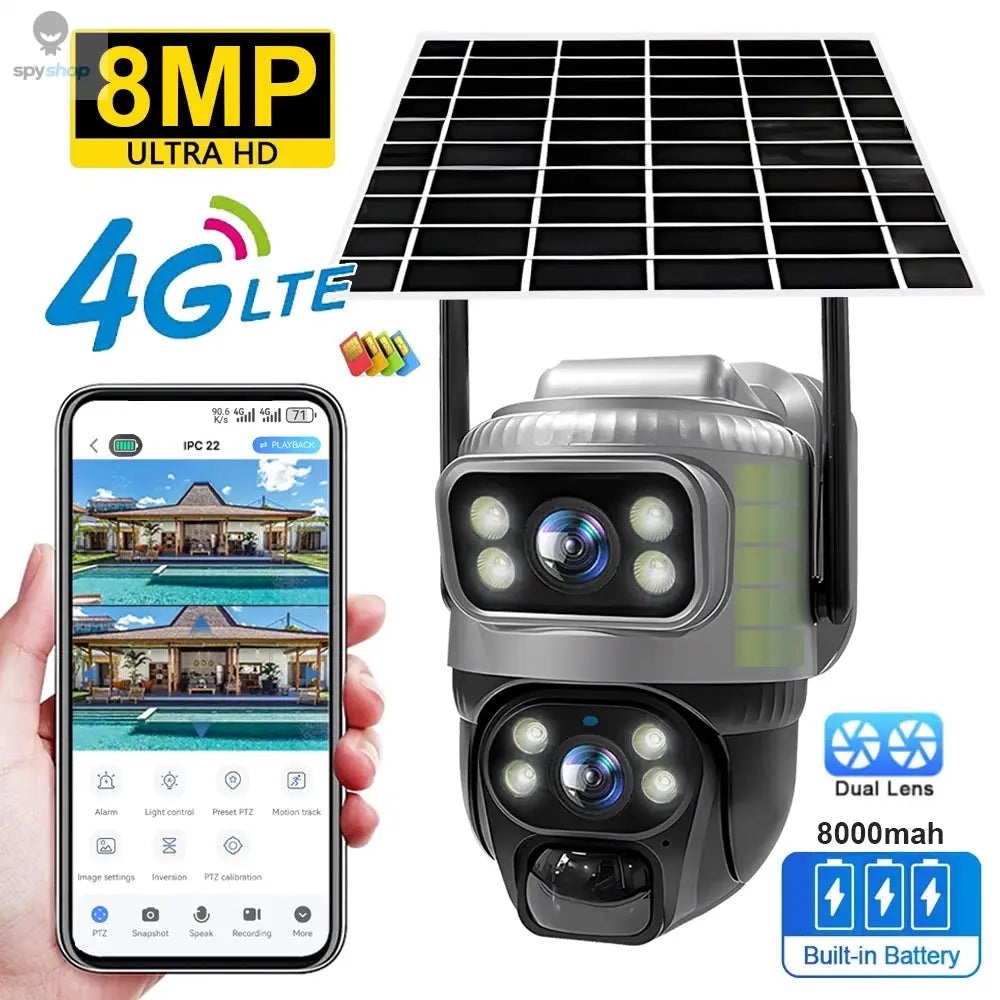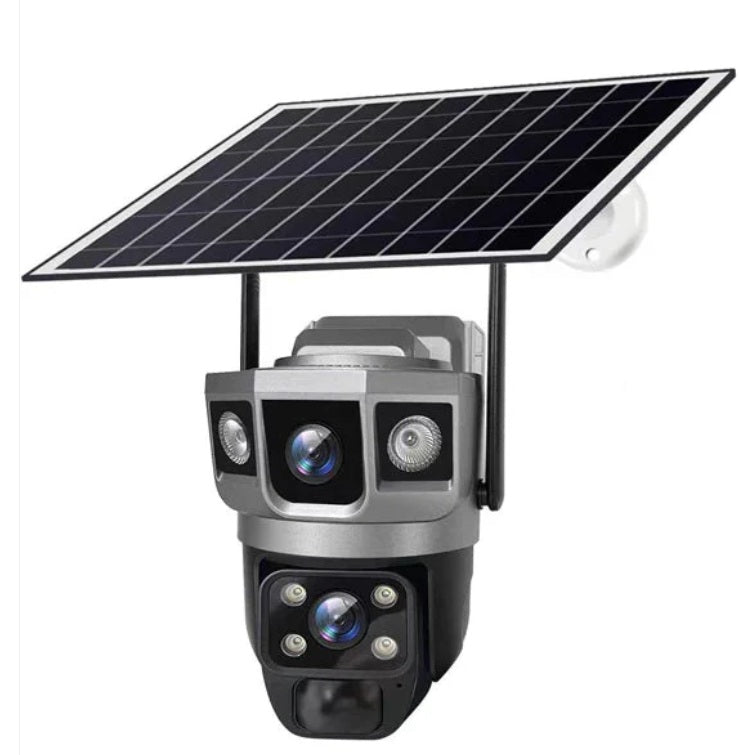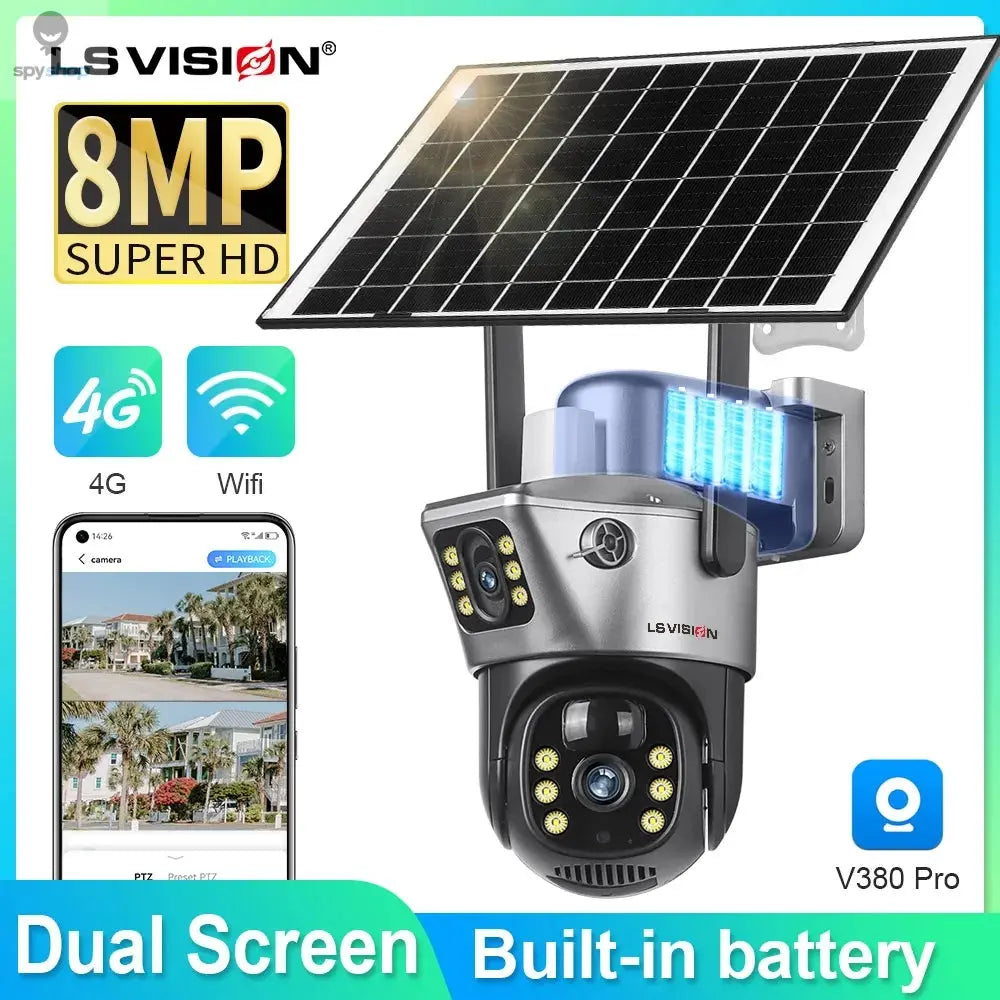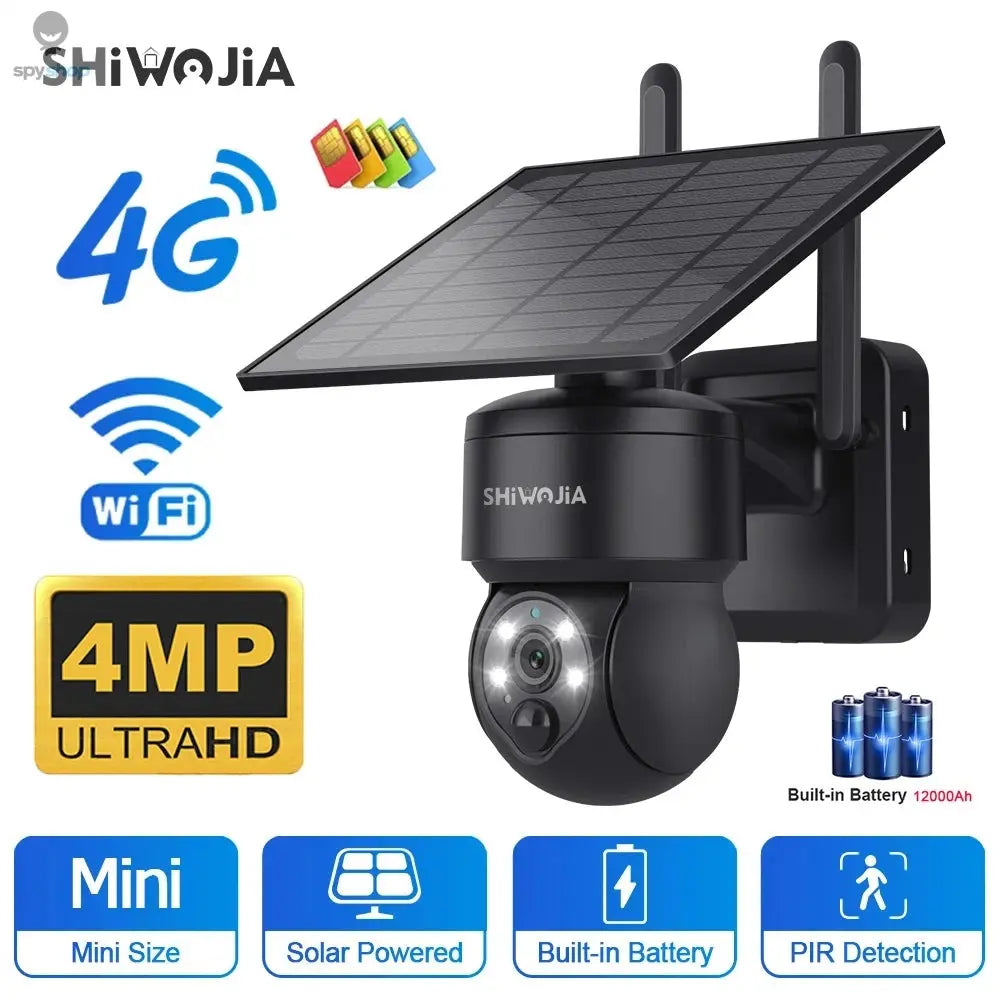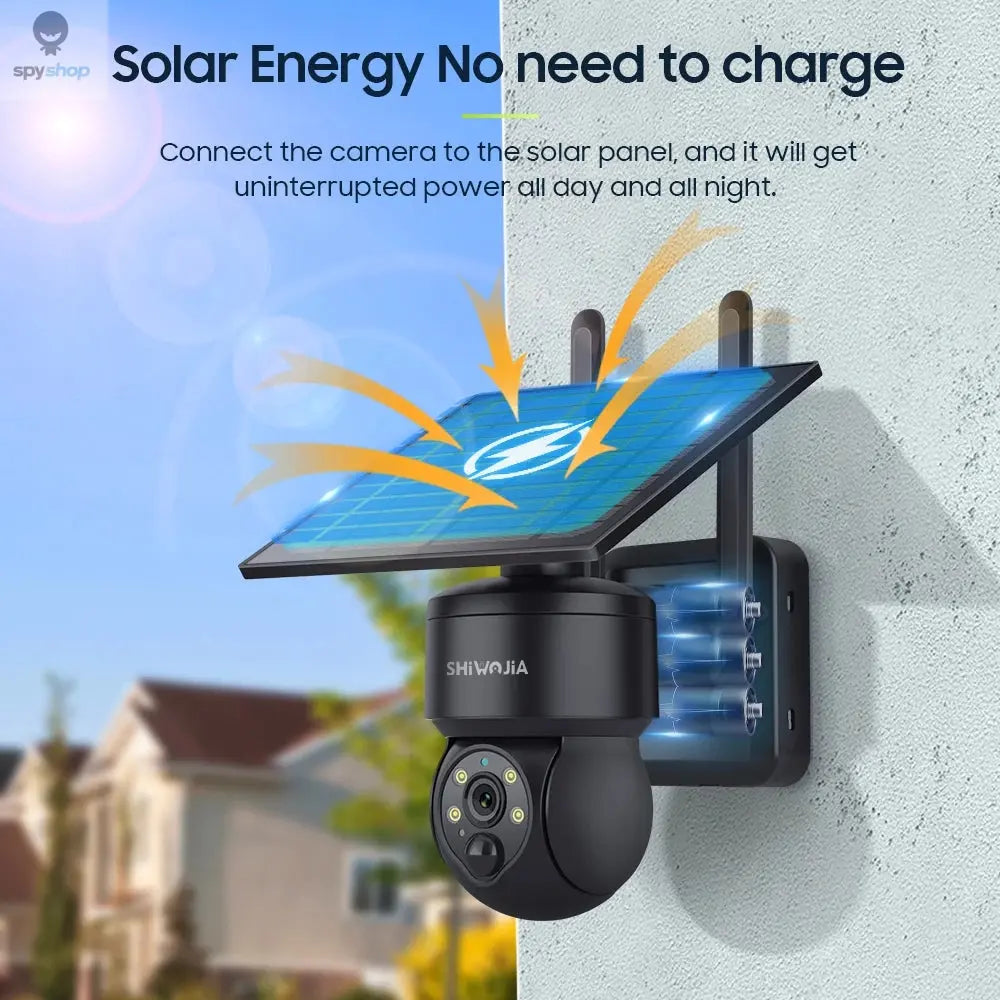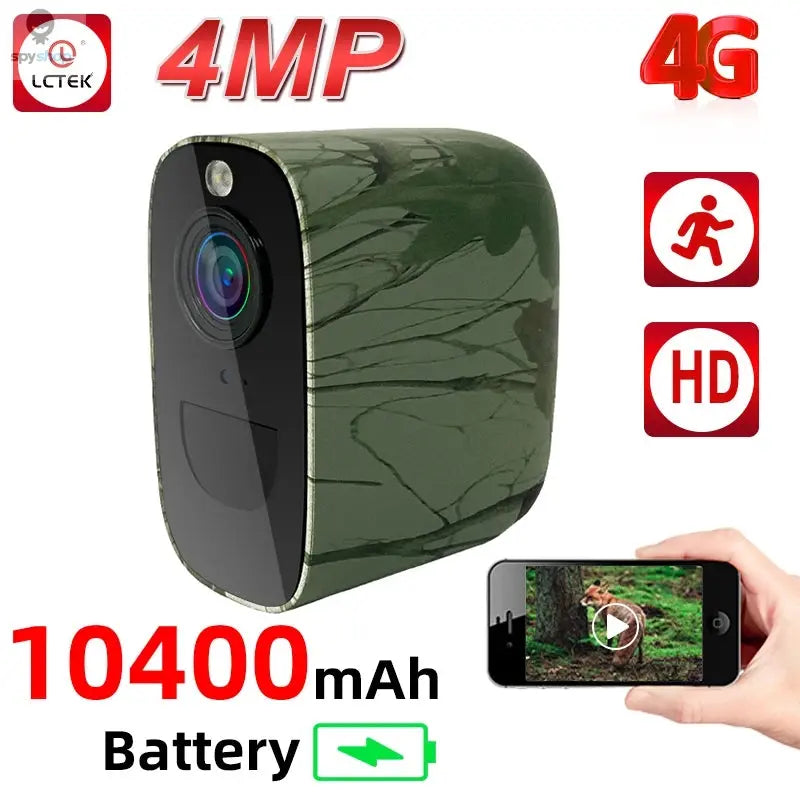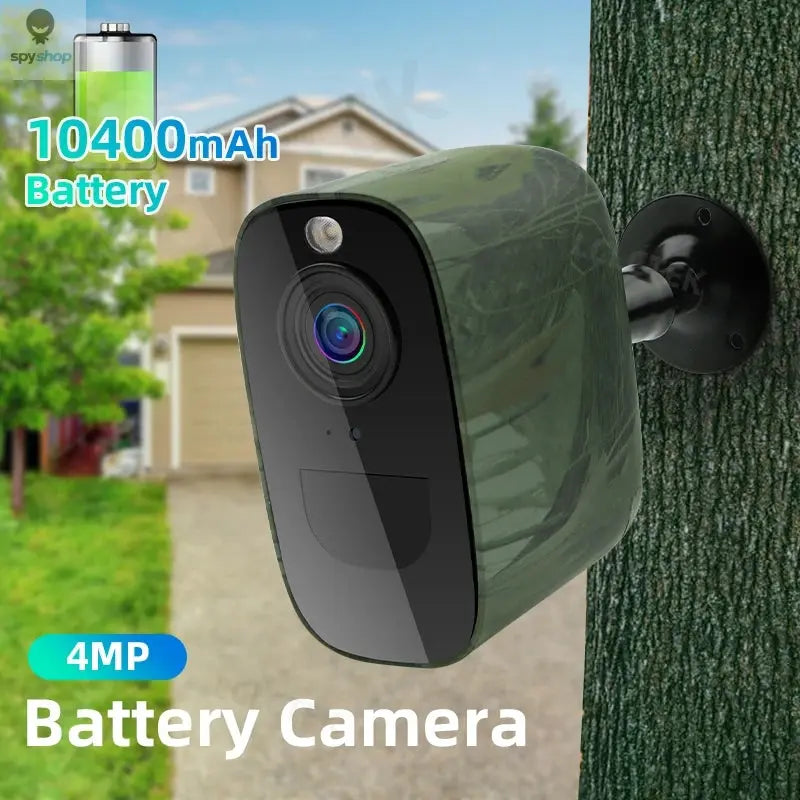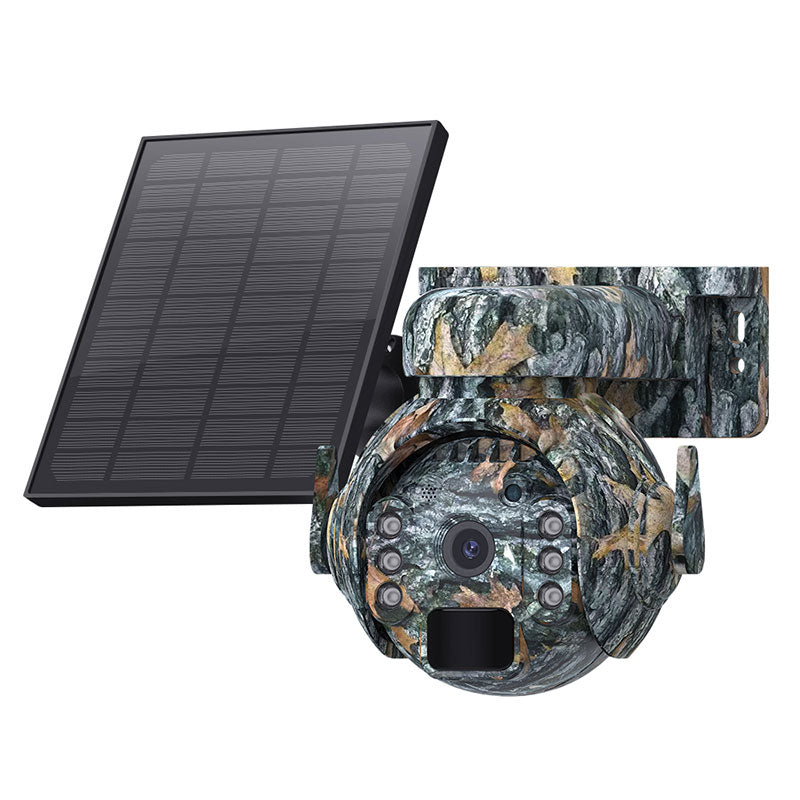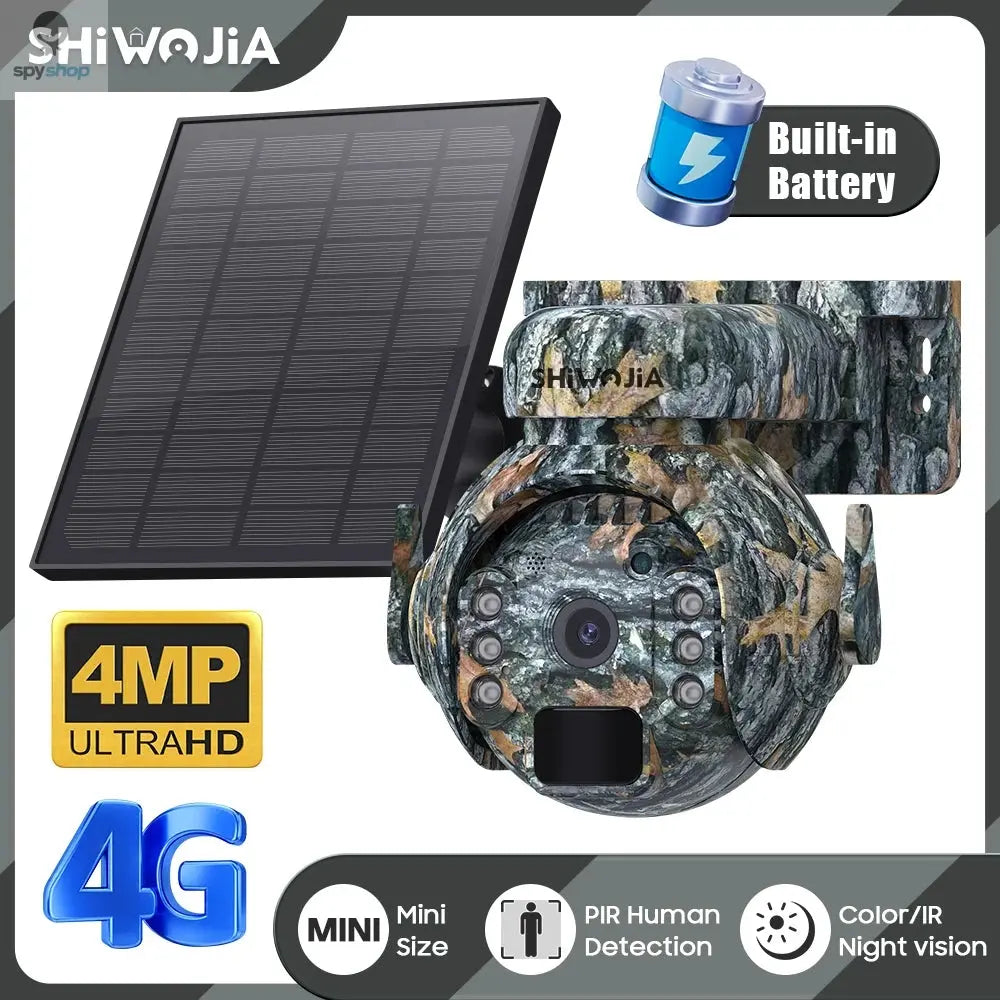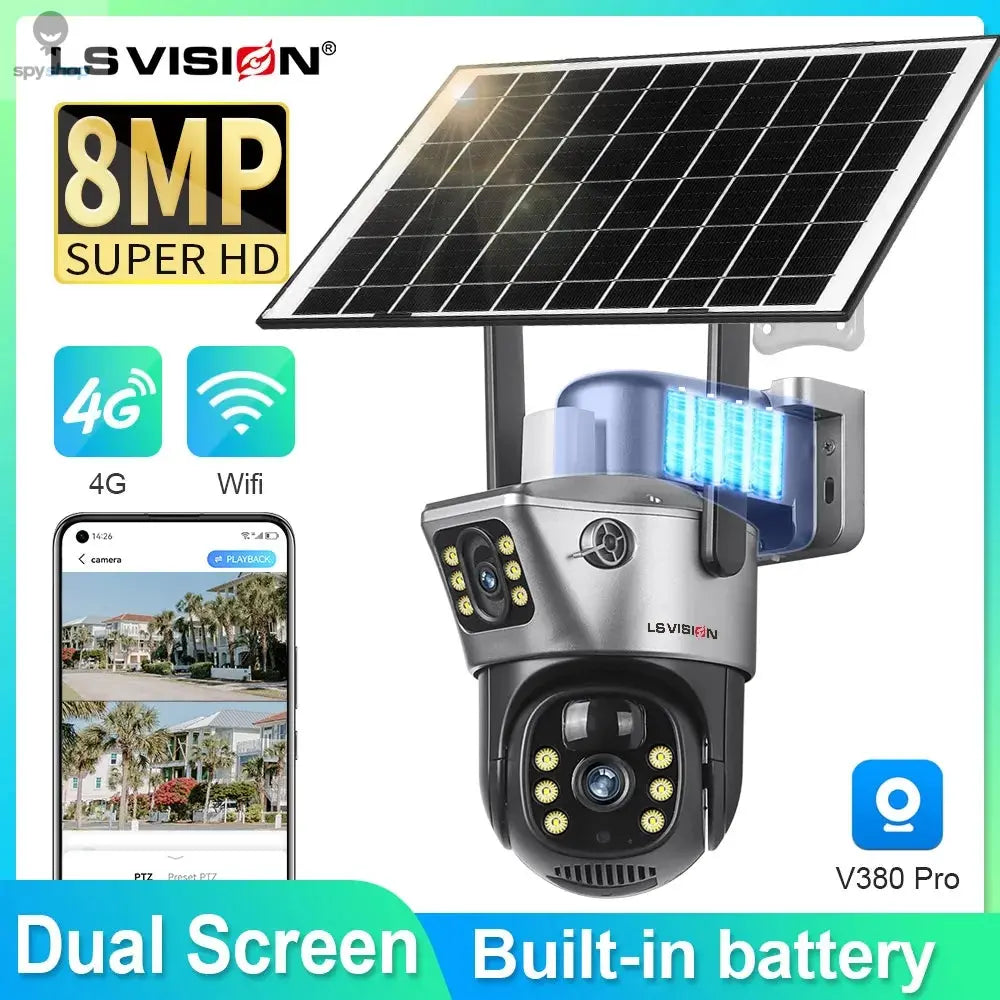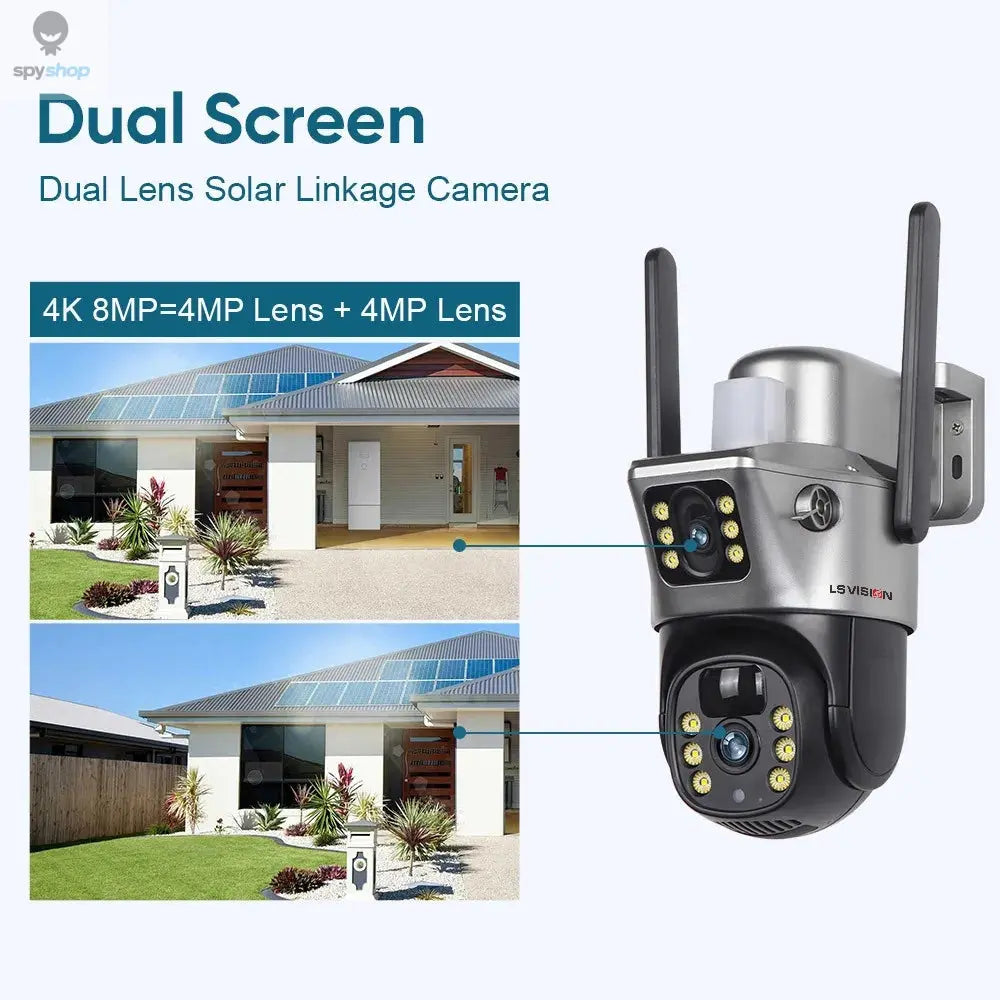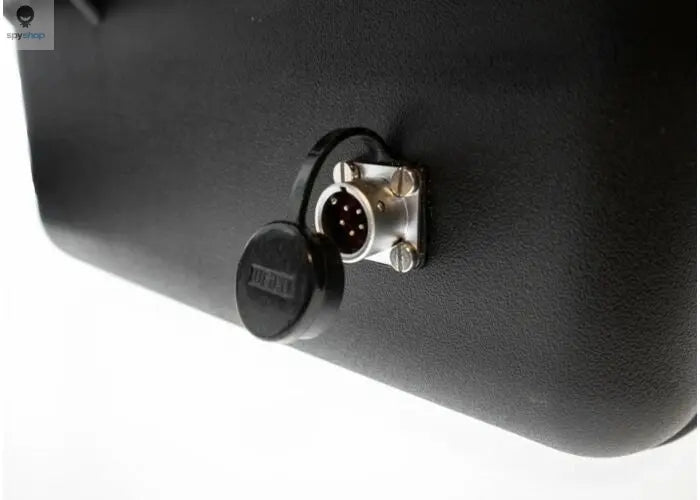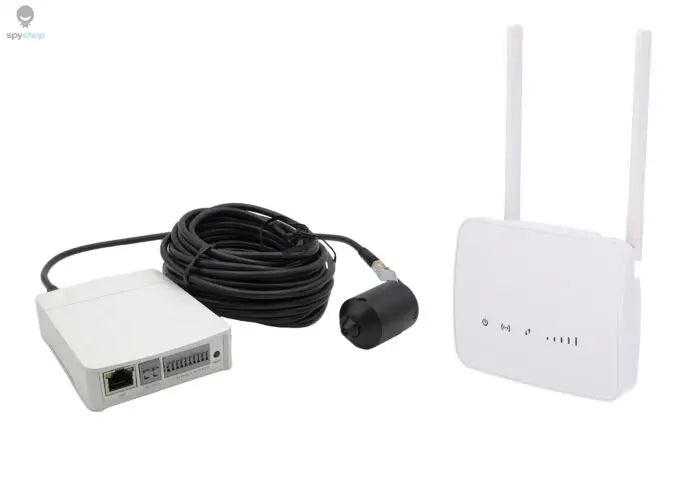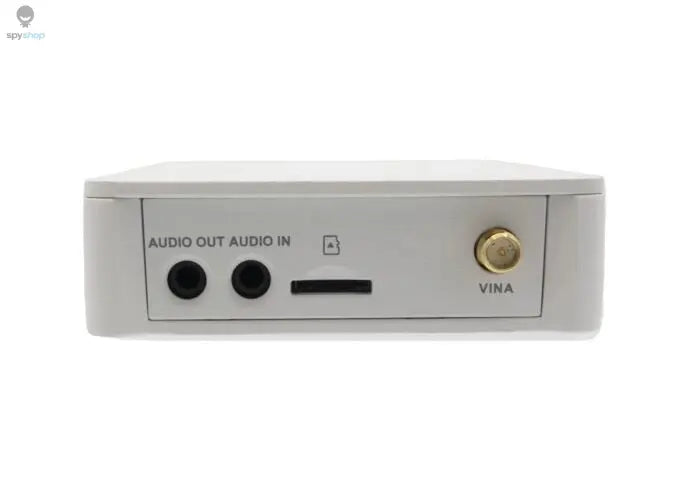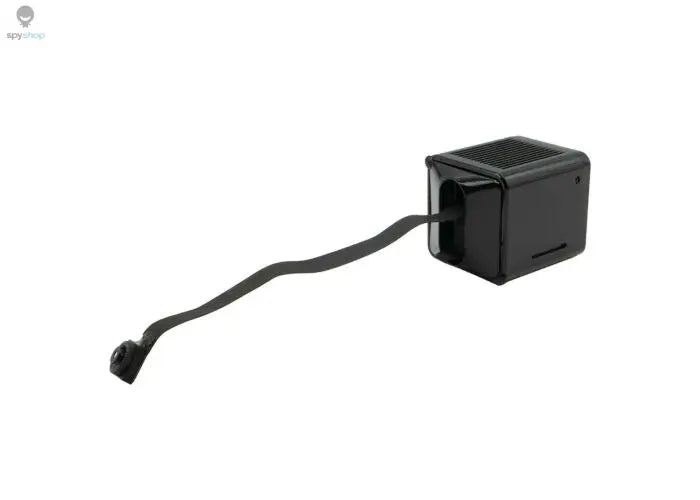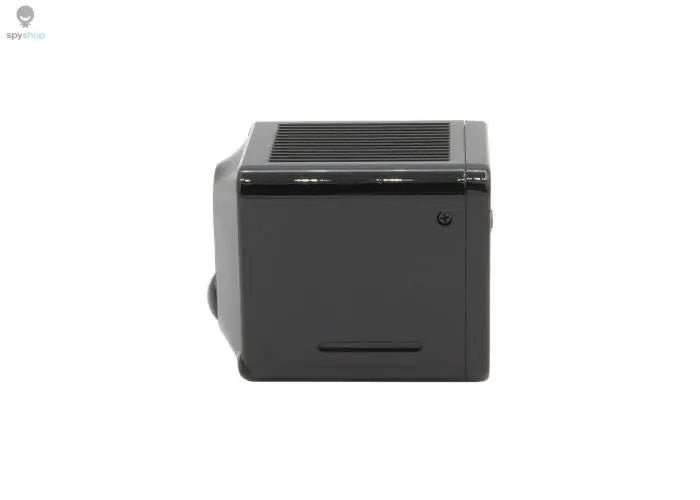Filters
16MP Night Vision Trail Camera
Sale price€74,99
Regular price€100,06
INQMEGA Solar PTZ Security Camera – 5MP Wireless, Night Vision, 4G/WiFi
Sale priceFrom €74,99
Regular price€100,22
4K Live Stream Camera Hunting Trail Camera
Sale price€124,99
Regular price€158,85
4G SIM Trail Camera Hunting Security Camera
Sale priceFrom €179,99
Regular price€257,67
20MP 4-Lens 4G Solar Security Camera with 10X Zoom
Sale priceFrom €124,99
Regular price€158,96
12X Zoom 4K Solar 4G Dual‑Lens Security Camera
Sale priceFrom €113,99
Regular price€145,15
4G Solar Trail Camera with 4MP HD & Solar Power
Sale priceFrom €220,99
Regular price€317,09
4G LTE Battery Camera Outdoor Wireless Security System
Sale priceFrom €141,99
Regular price€181,41
Solar Trail Camera 4G LTE Wildlife Monitor
Sale priceFrom €119,99
Regular price€153,21
4K Trail Camera HC801PRO-LI with Live Streaming
Sale price€142,99
Regular price€181,76
Portable 5MP 4G SIM Camera
Sale priceFrom €35,99
Regular price€47,63
V380 8MP 4K Solar Camera with Dual‑Lens 4G/Wi‑Fi Security
Sale priceFrom €84,99
Regular price€108,23
4G Mini 4K Dual‑Lens Camera – 6X Zoom, Night Vision, Two‑Way Intercom
Sale priceFrom €100,99
Regular price€128,15
Ubox Mini 4G Security Camera – Compact Wireless Surveillance With Long Battery Life
Sale priceFrom €67,99
Regular price€90,49
4G Solar IP Security Camera – 8MP Dual Lens Outdoor Surveillance
Sale priceFrom €105,99
Regular price€134,72
V380 Dual Lens 4G Solar Security Camera – Dual 4K Views, Solar Power, 4G Connectivity
Sale priceFrom €83,99
Regular price€106,27
LS VISION Solar Camera – 4G Dual‑Lens 4K Outdoor Security with Battery & WiFi
Sale priceFrom €104,99
Regular price€134,13
Solar Security Camera – 4G & WiFi Outdoor PTZ with Solar Power and Two‑Way Audio
Sale priceFrom €91,99
Regular price€116,31
4G SIM Security Camera – 4MP Full-Color, Battery Powered, Outdoor Ready
Sale priceFrom €142,99
Regular price€204,37
4G Solar Security Camera – Pan‑Tilt Outdoor Surveillance with 4MP HD and Night Vision
Sale priceFrom €91,99
Regular price€117,23
LS VISION Solar Security Camera – 4G Connectivity, Dual 4MP Lenses, Full‑Color Night Vision
Sale priceFrom €176,99
Regular price€205,95
4G Mobile Camera Set Pinhole Surveillance System
Sale price€2.339,95
Regular price€2.500,00
PRO 4G Pinhole Mini Camera Set
Sale price€909,95
Regular price€947,00
Pinhole 4G Mini Camera EASY
Sale price€479,00
Regular price€500,00
Our Trail & Wildlife Cameras collection includes durable and easy-to-use cameras built for outdoor monitoring and observation. From wildlife tracking and nature observation to property and remote area monitoring, these cameras are selected to deliver reliable performance in changing outdoor conditions.
Focused on robustness, image clarity, and straightforward operation, this collection is suitable for nature enthusiasts, hunters, landowners, and outdoor use. Whether you are observing wildlife, monitoring trails, or keeping an eye on remote locations, these cameras provide dependable tools for outdoor surveillance and documentation.

